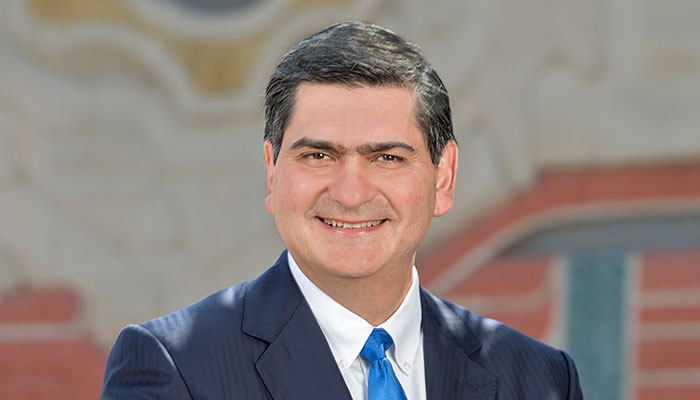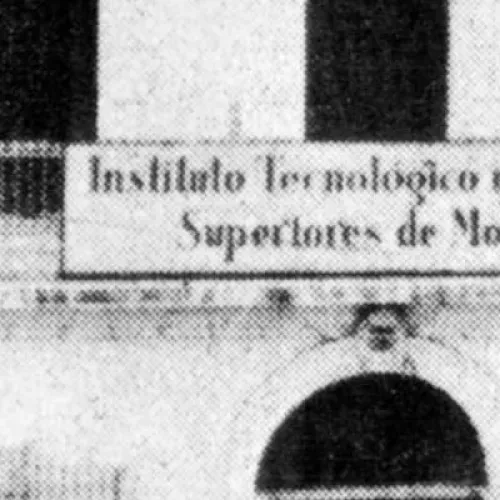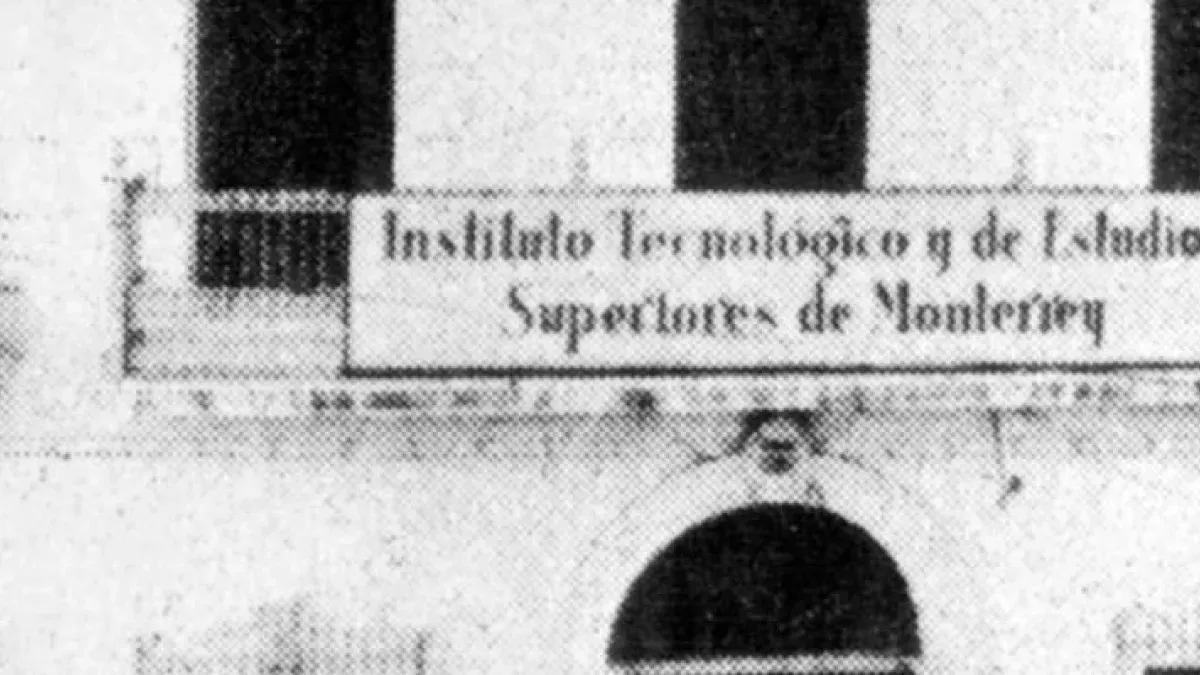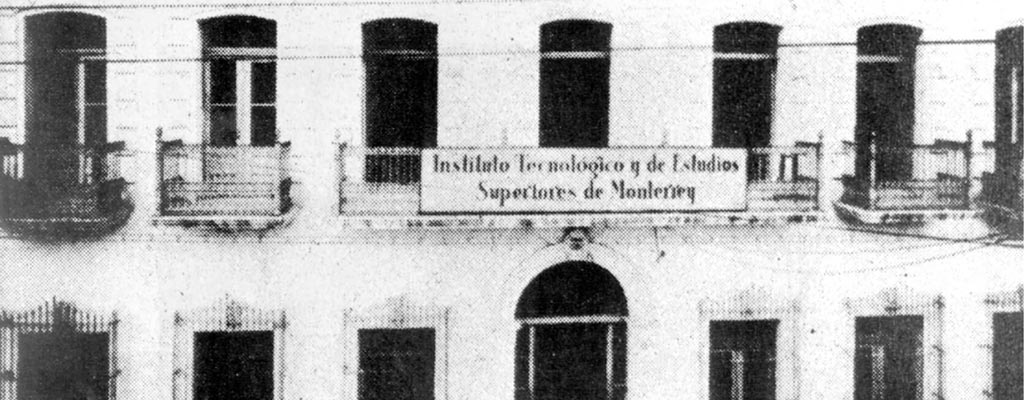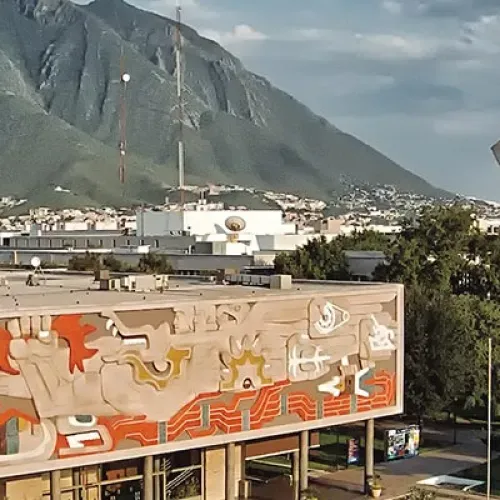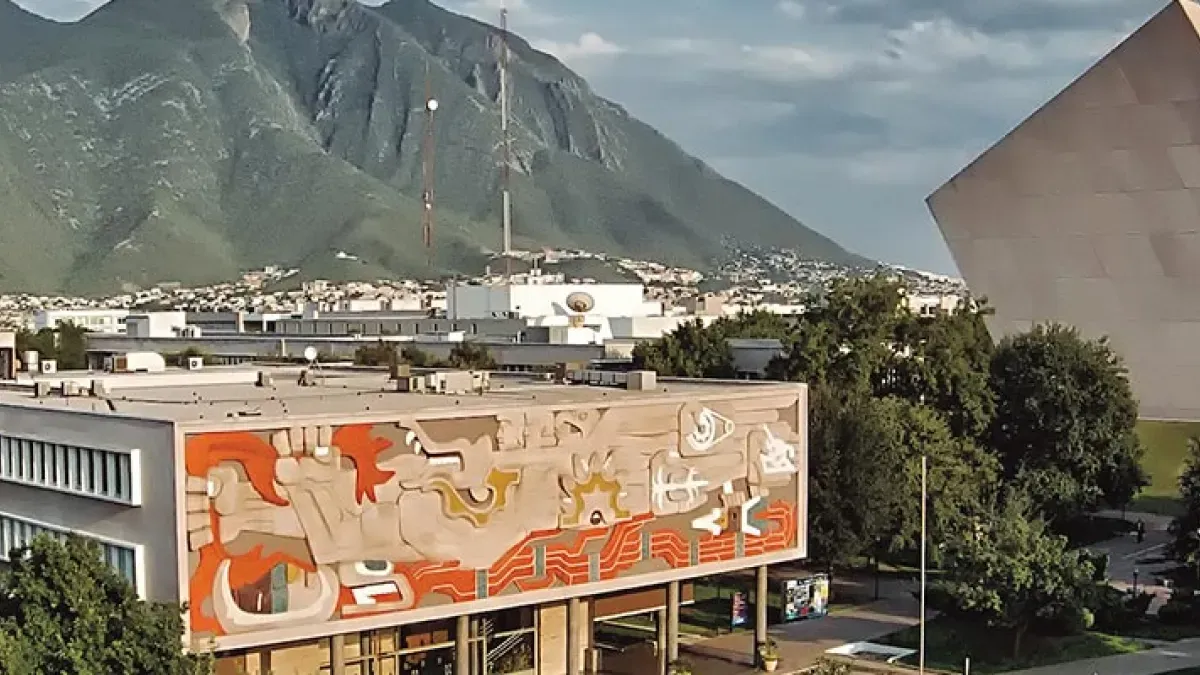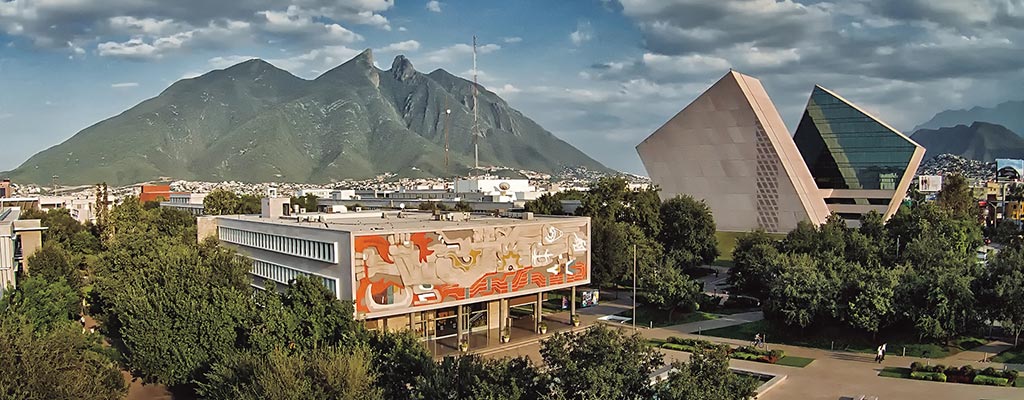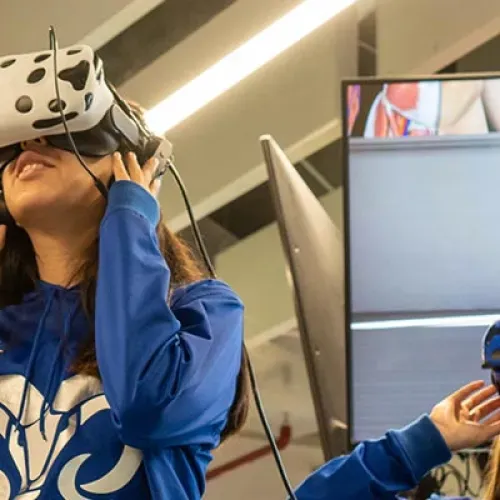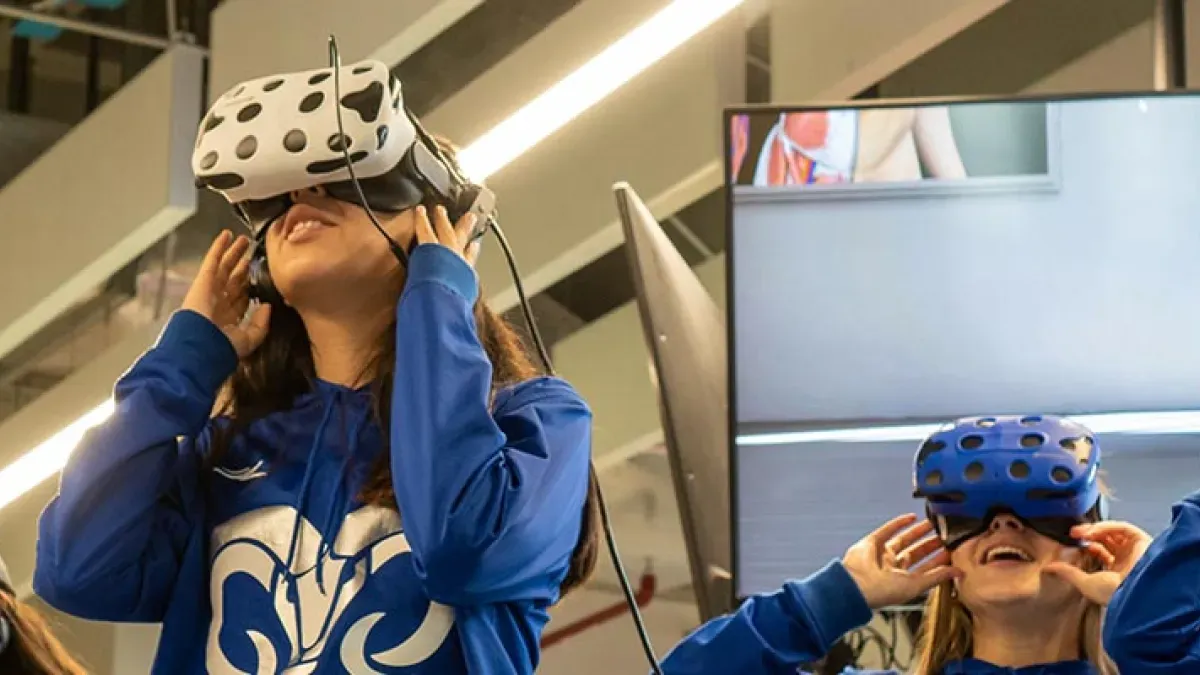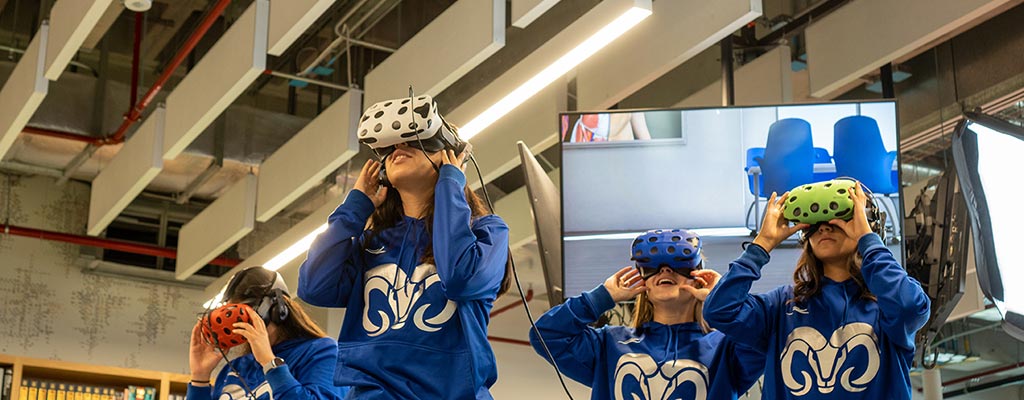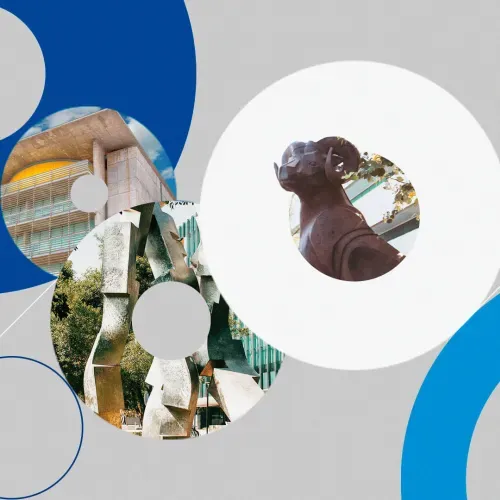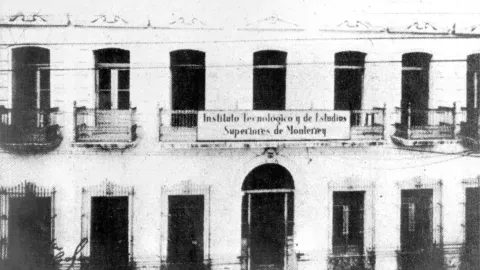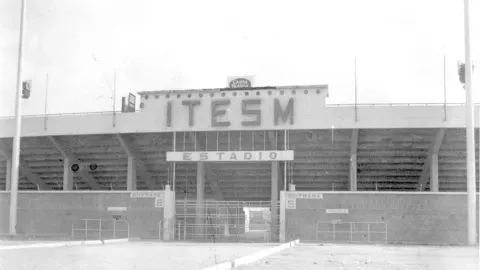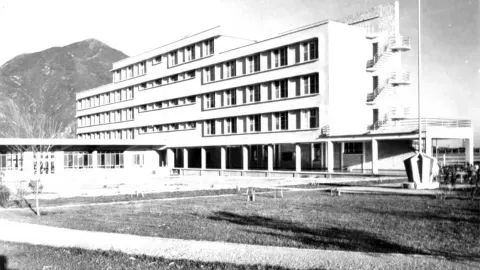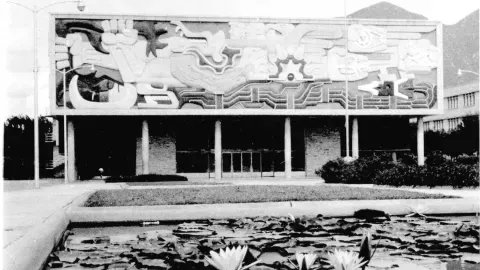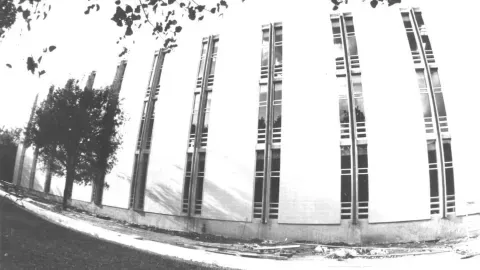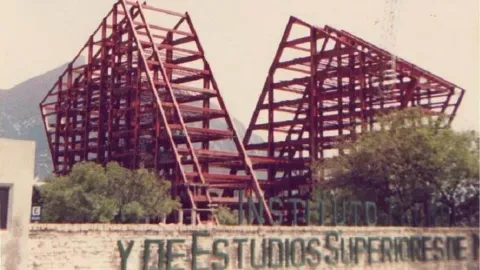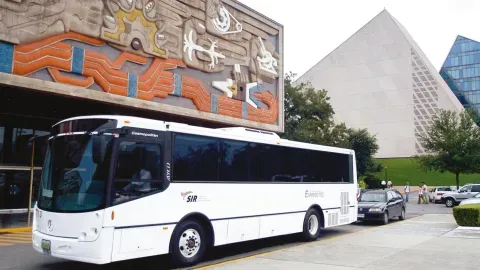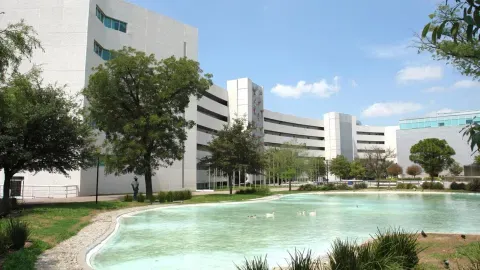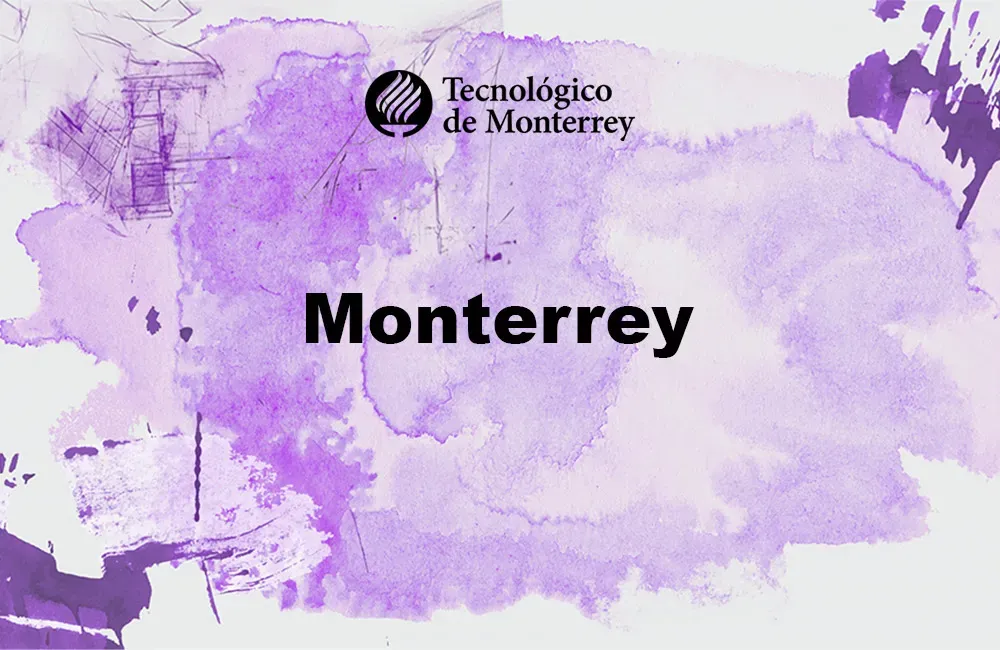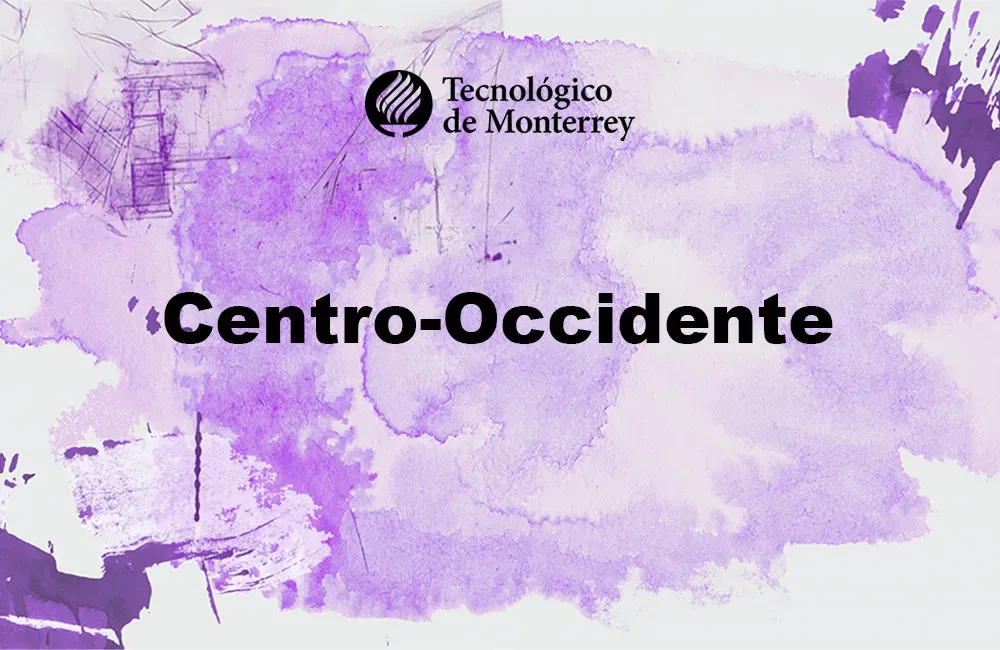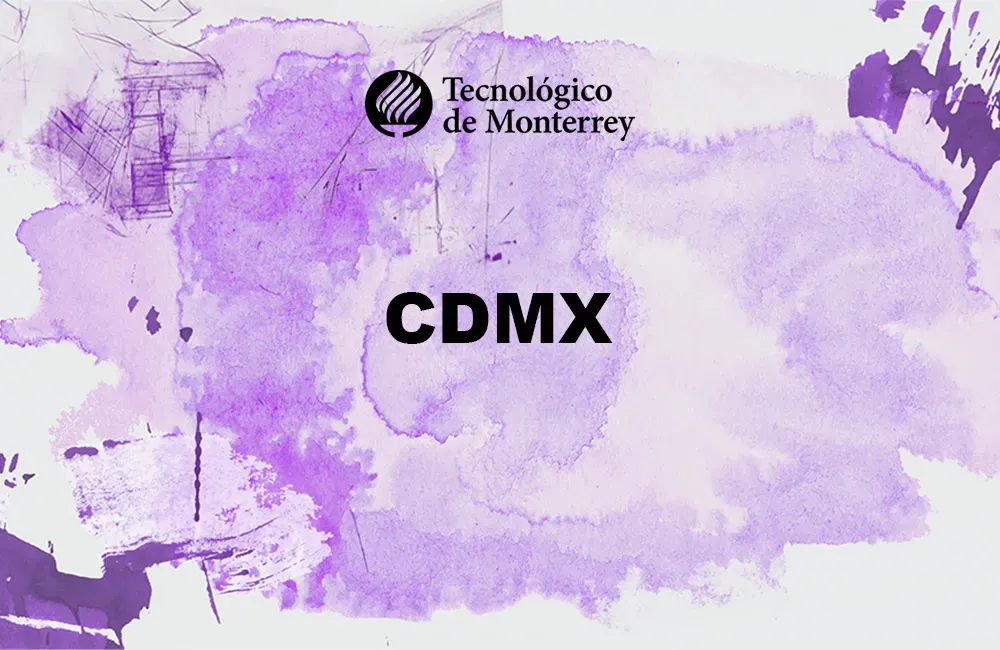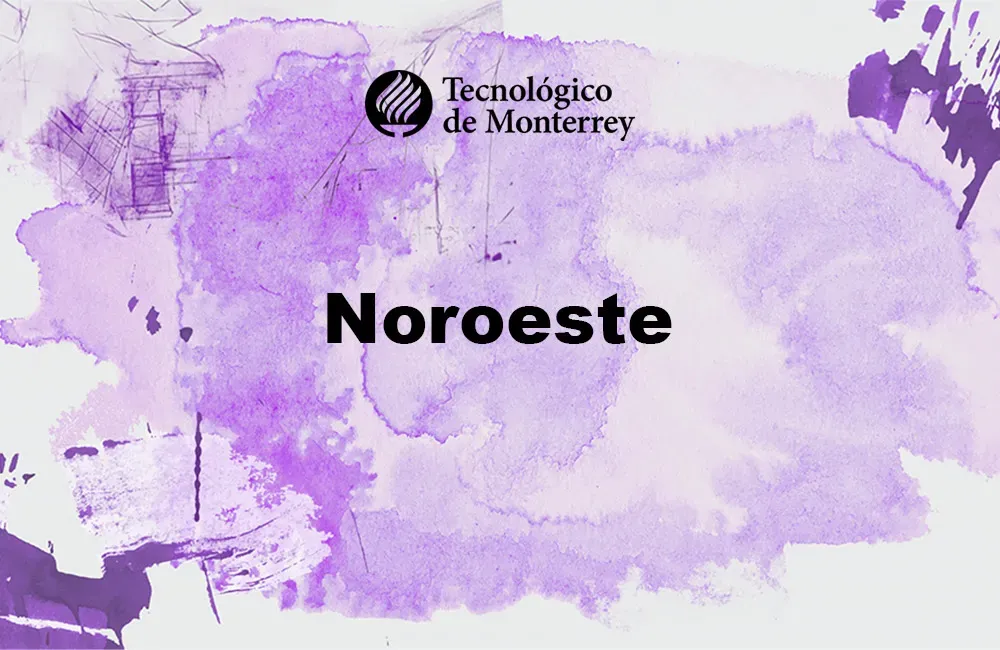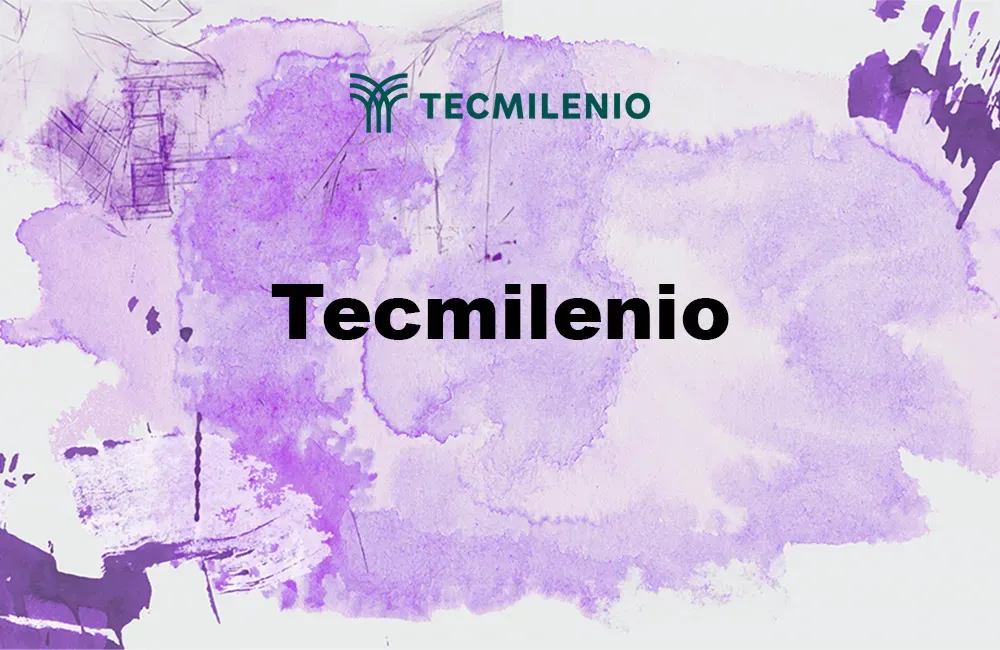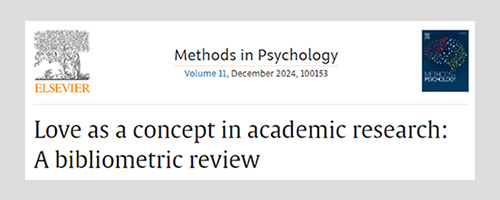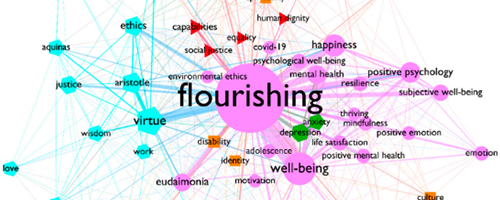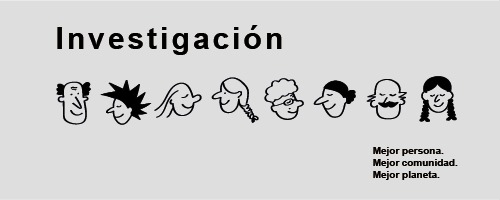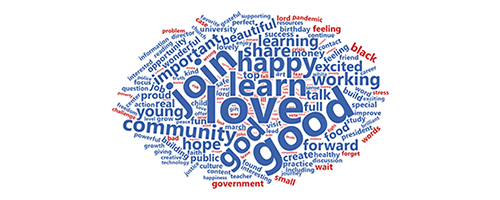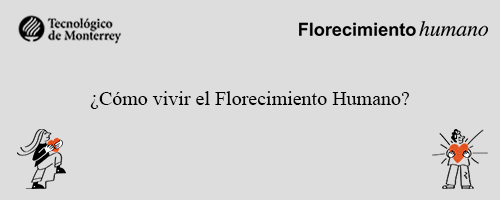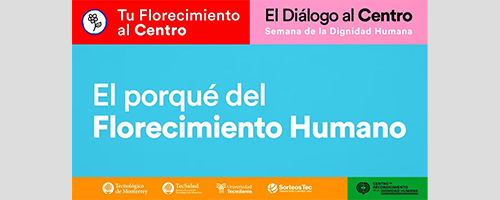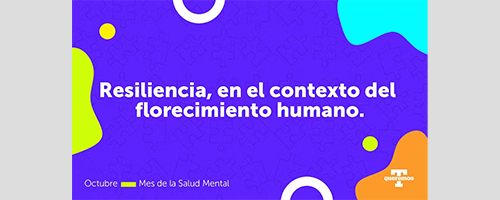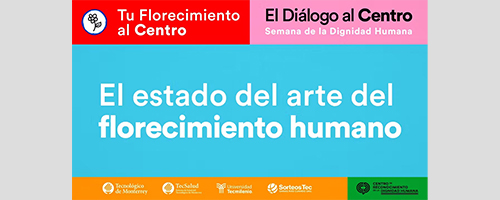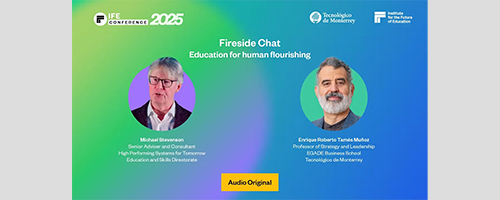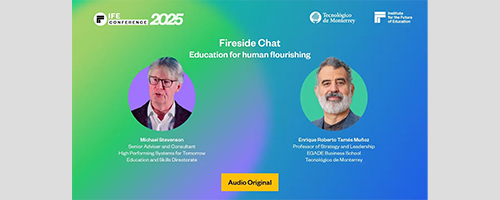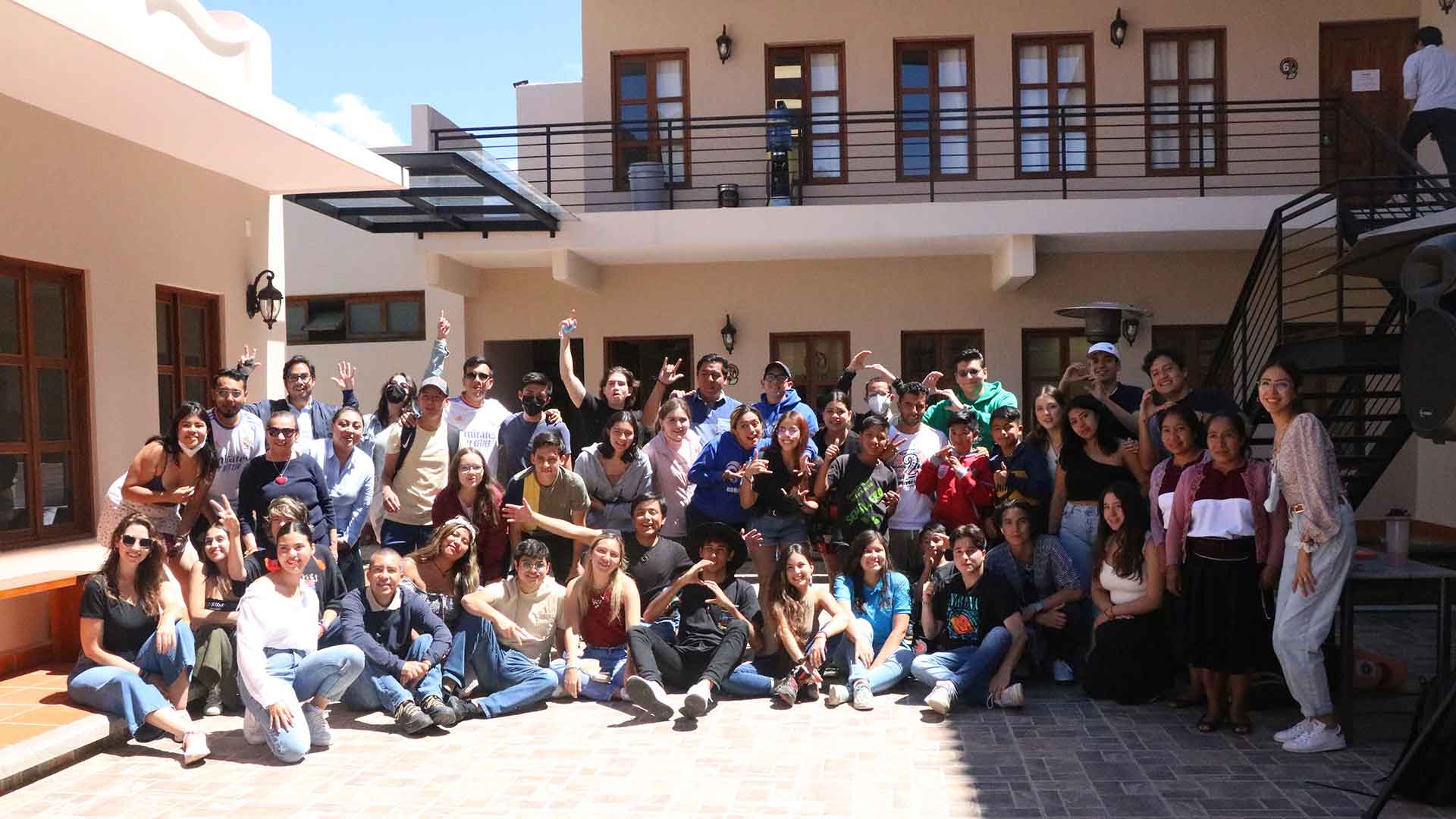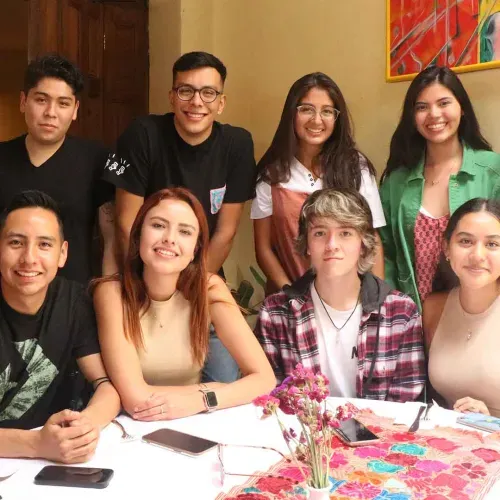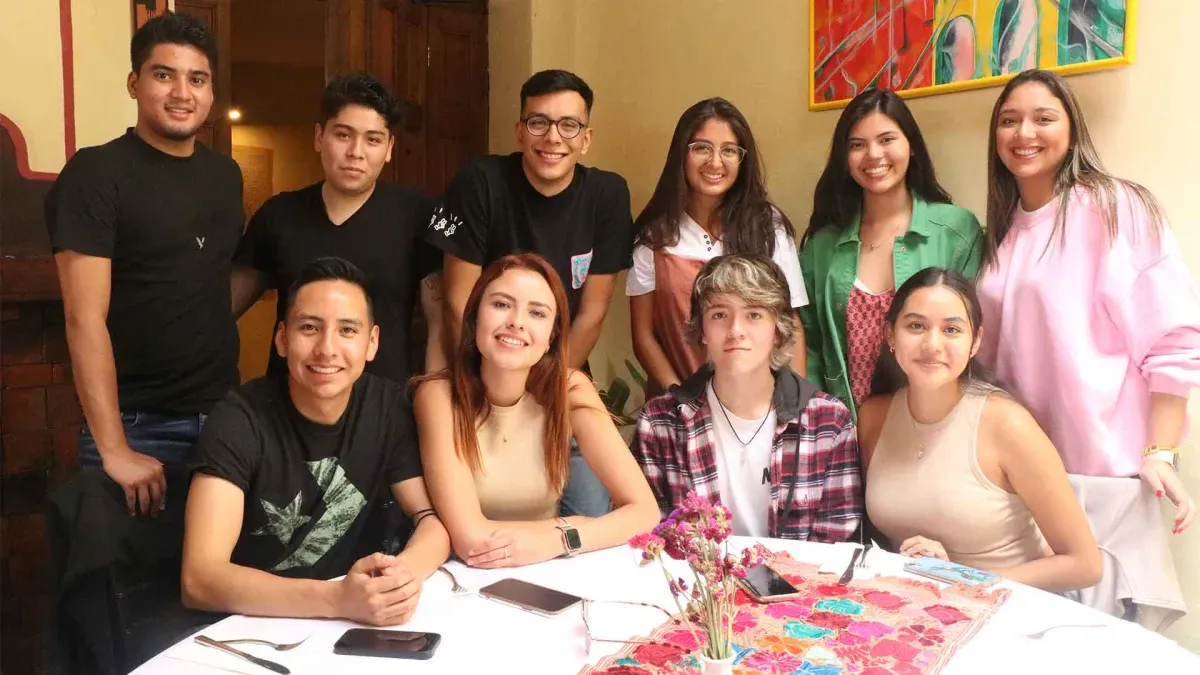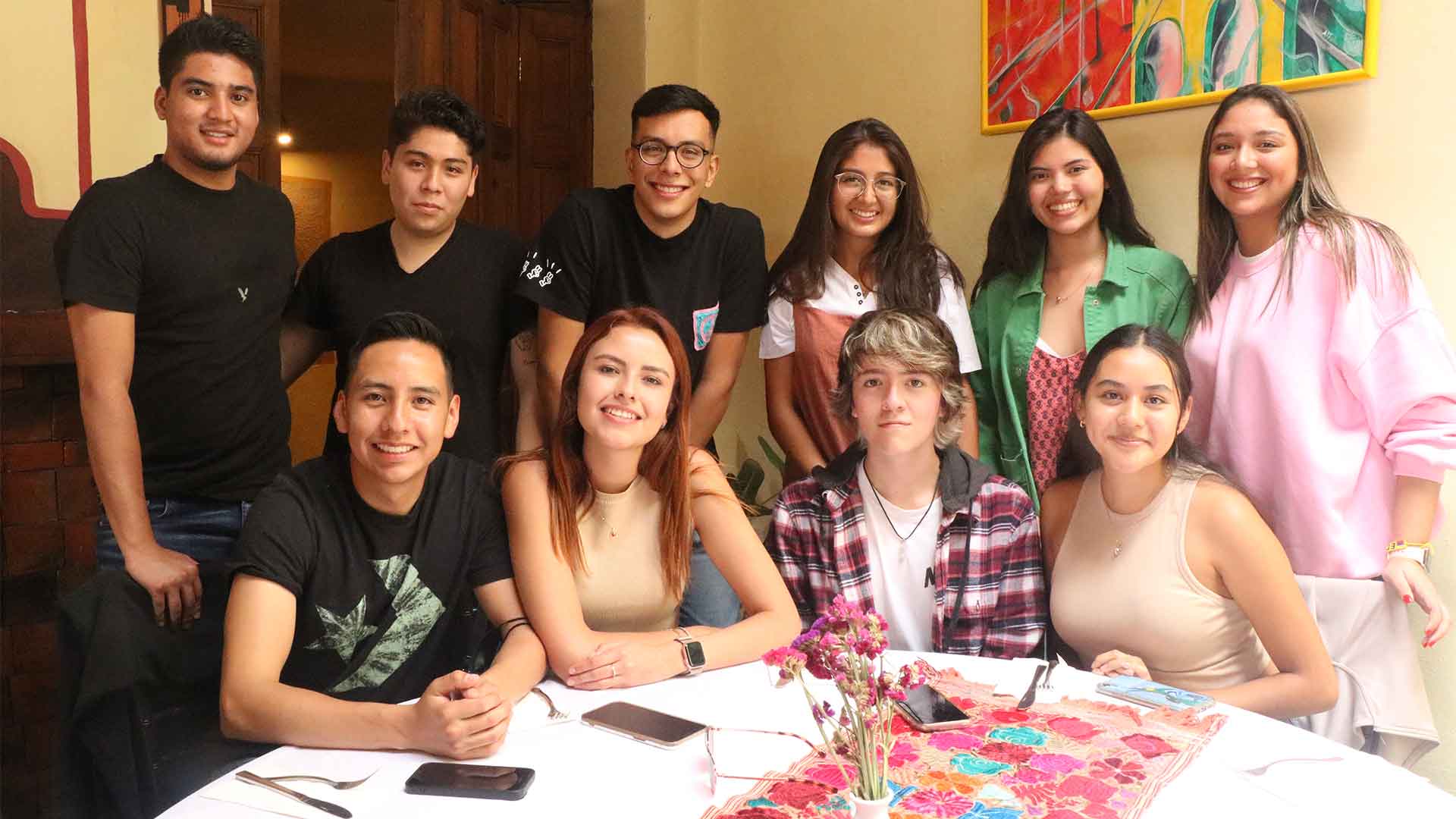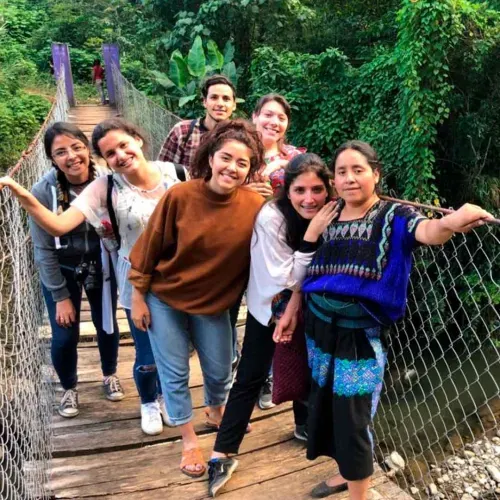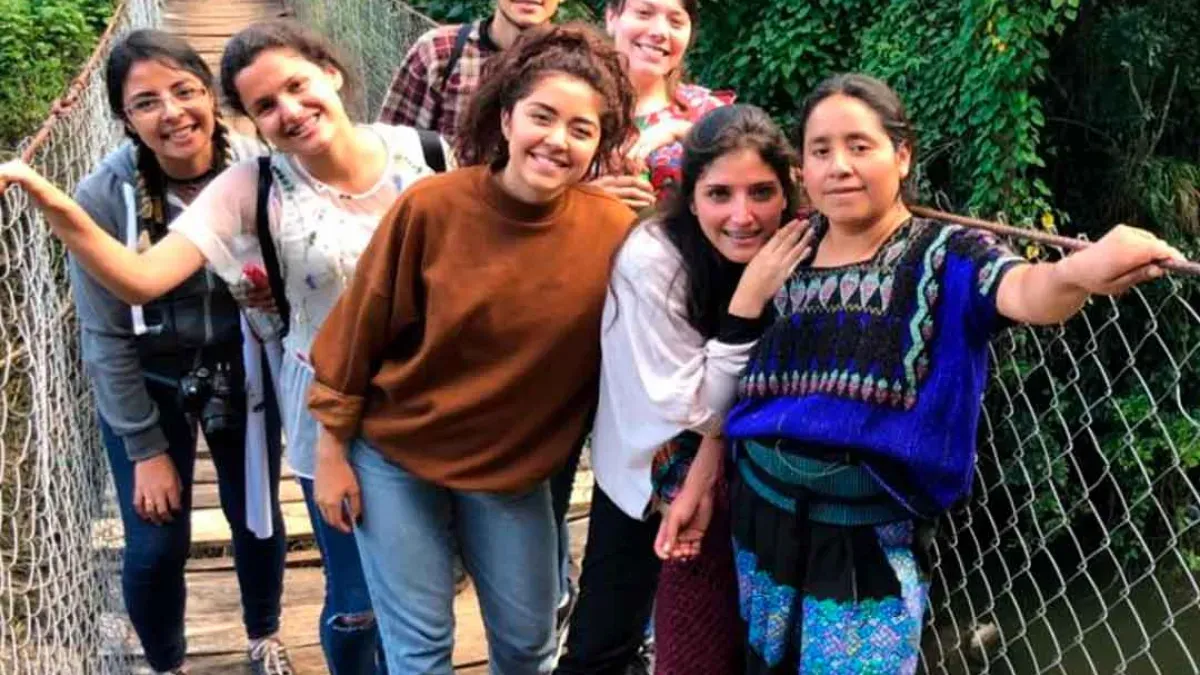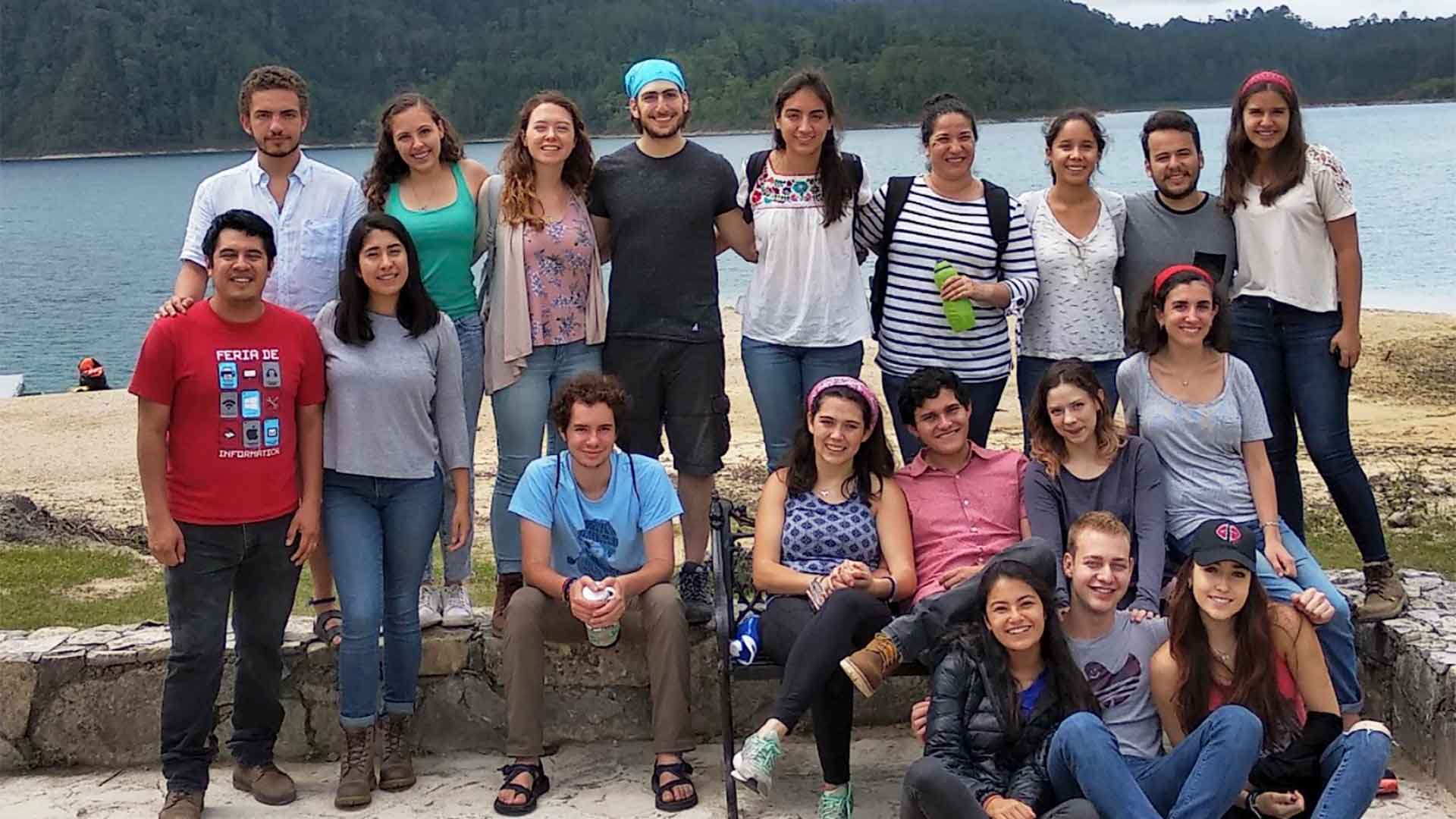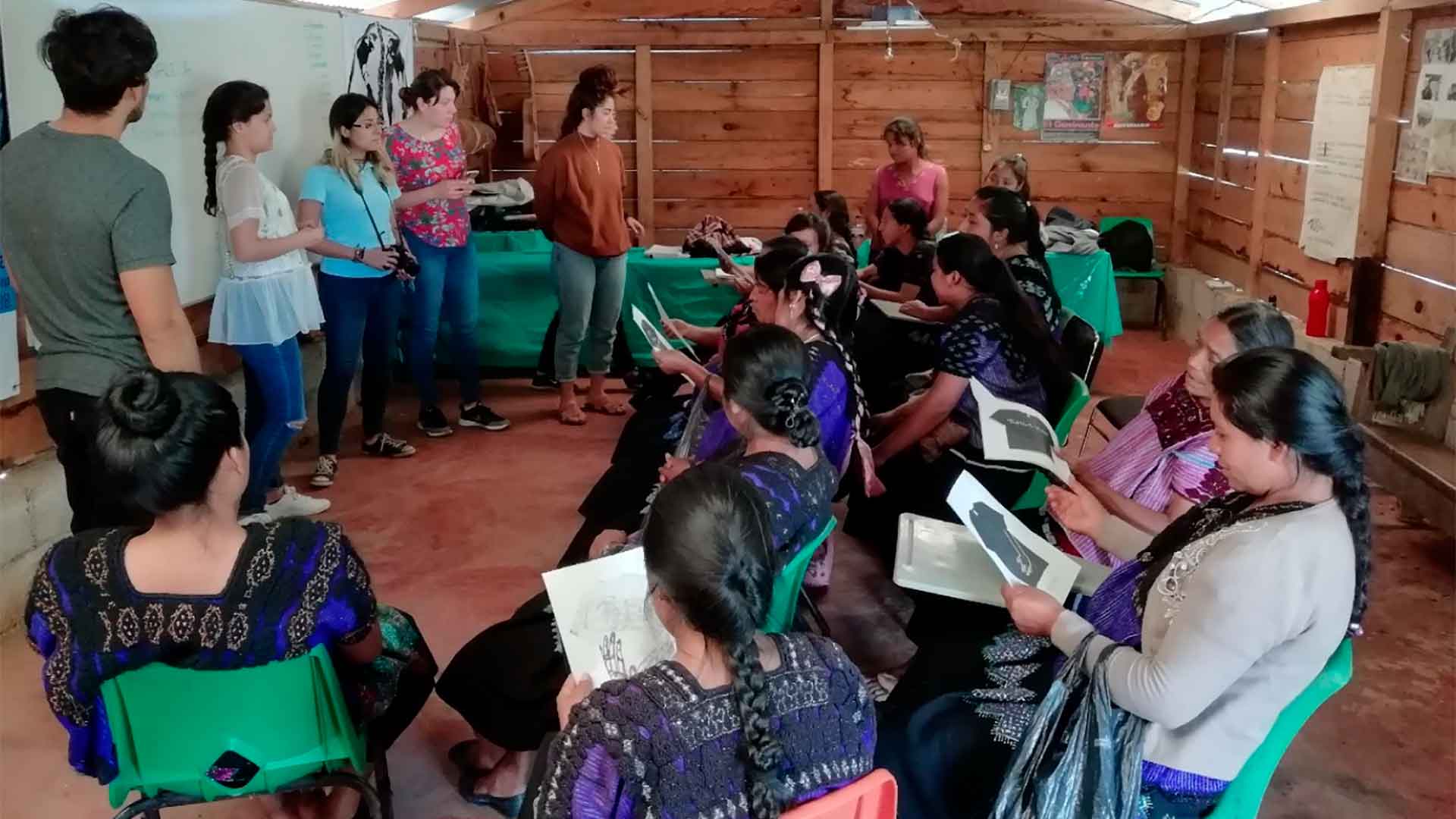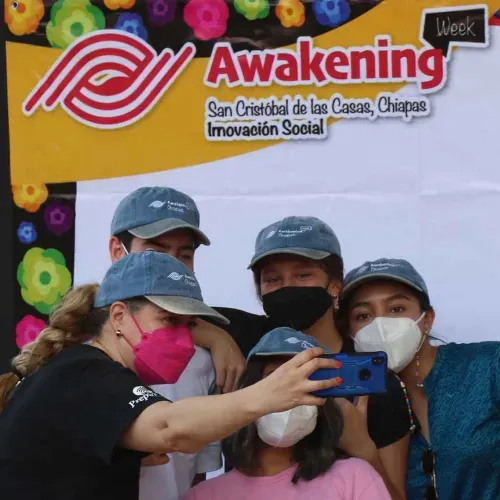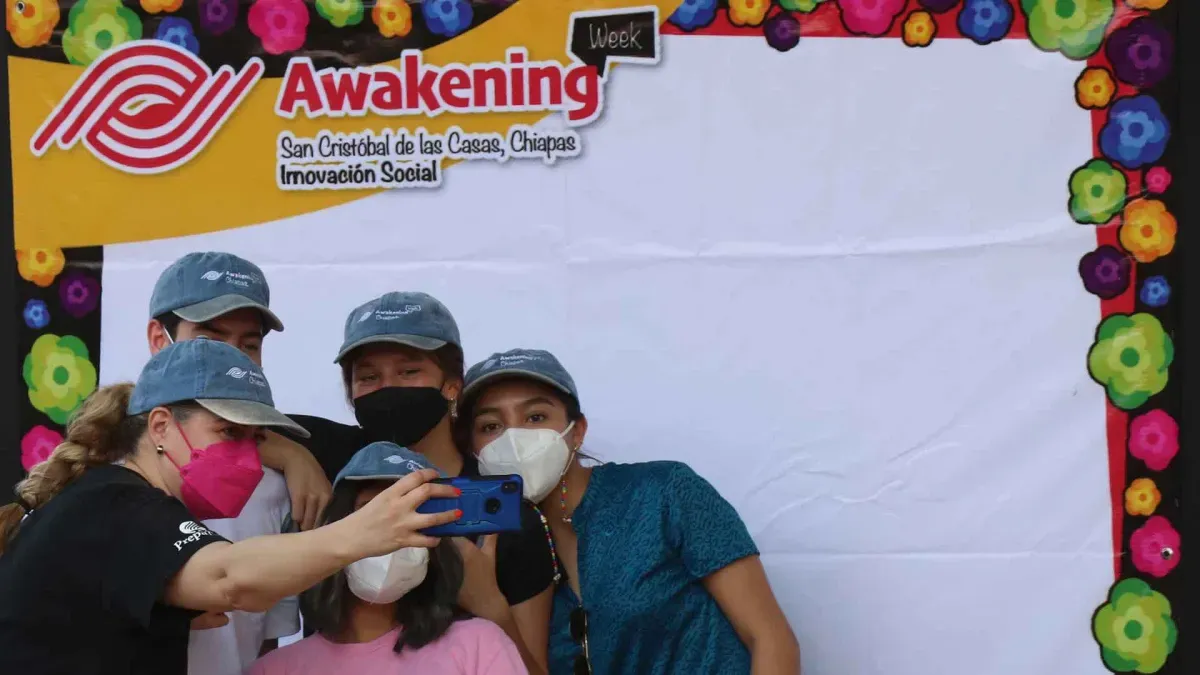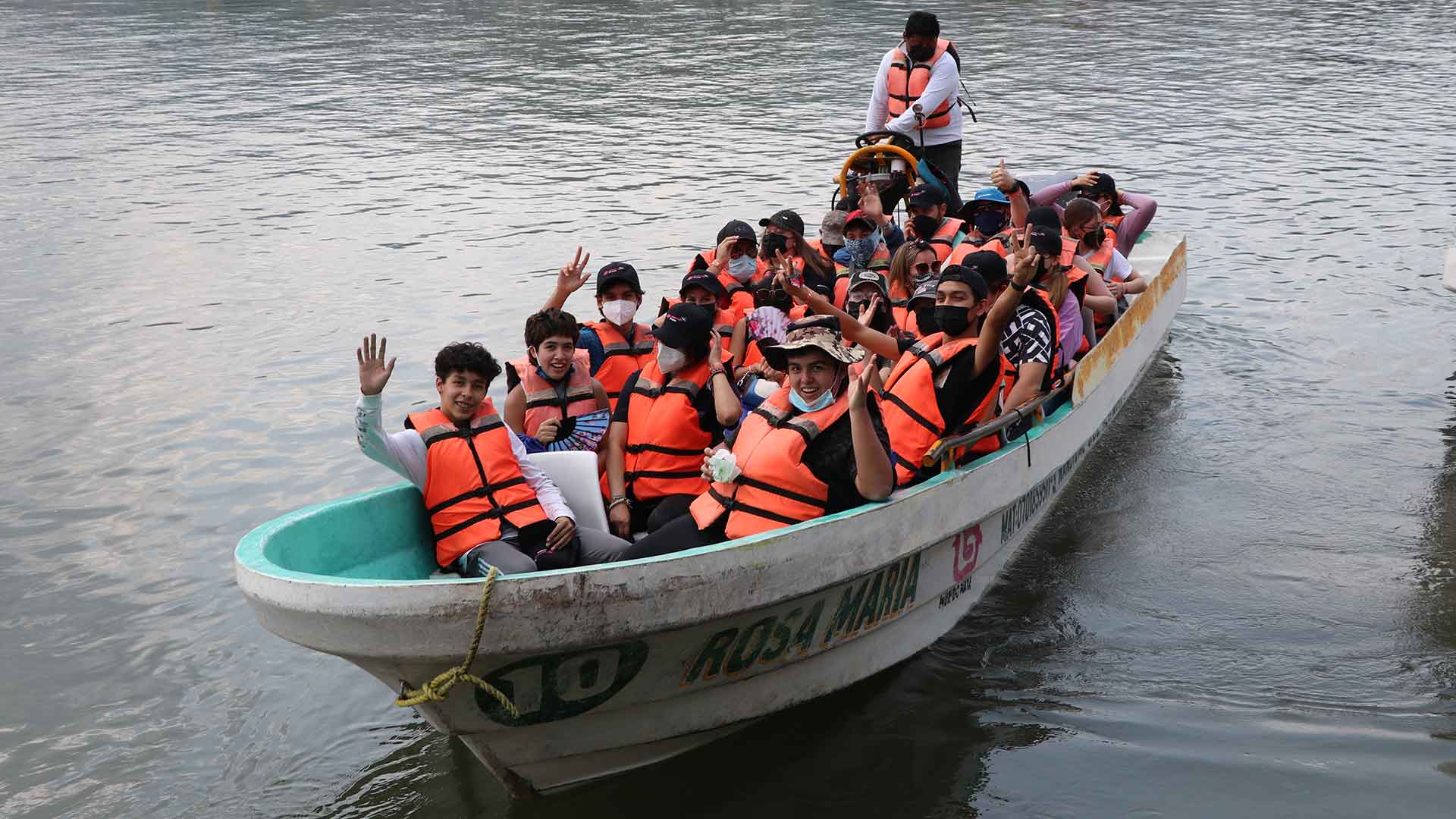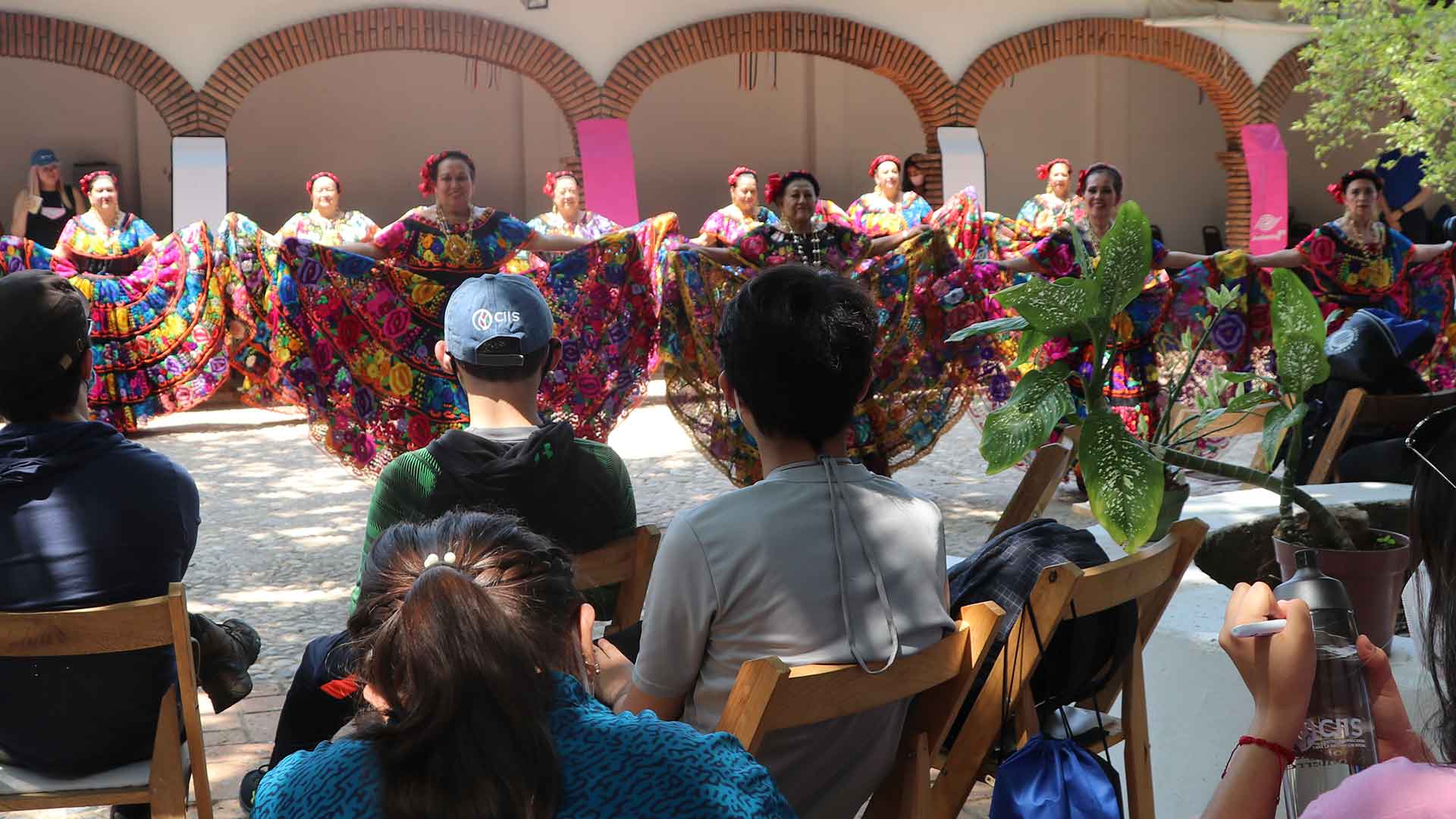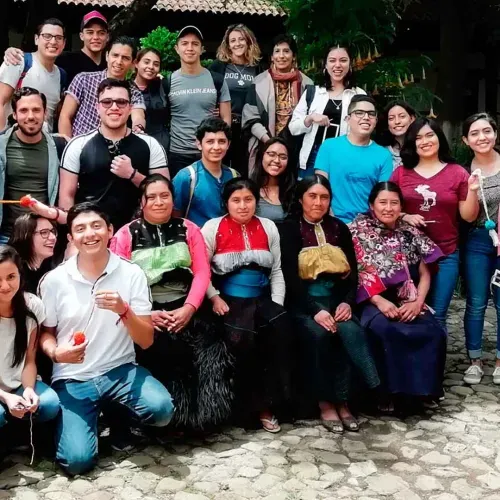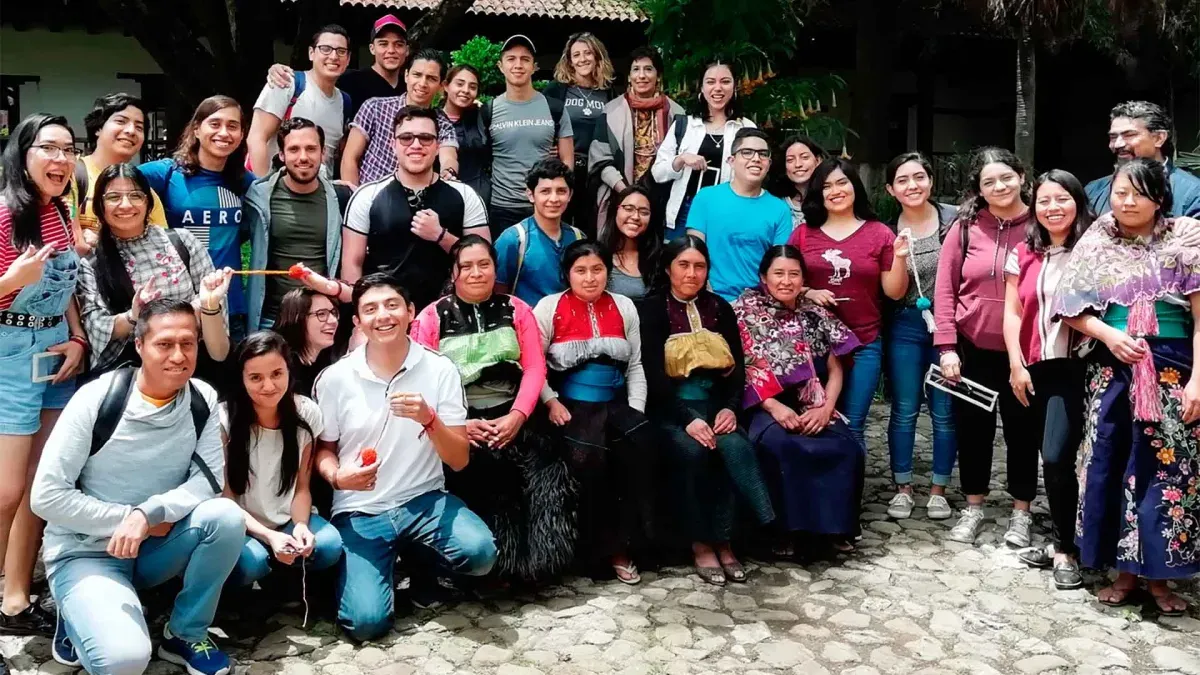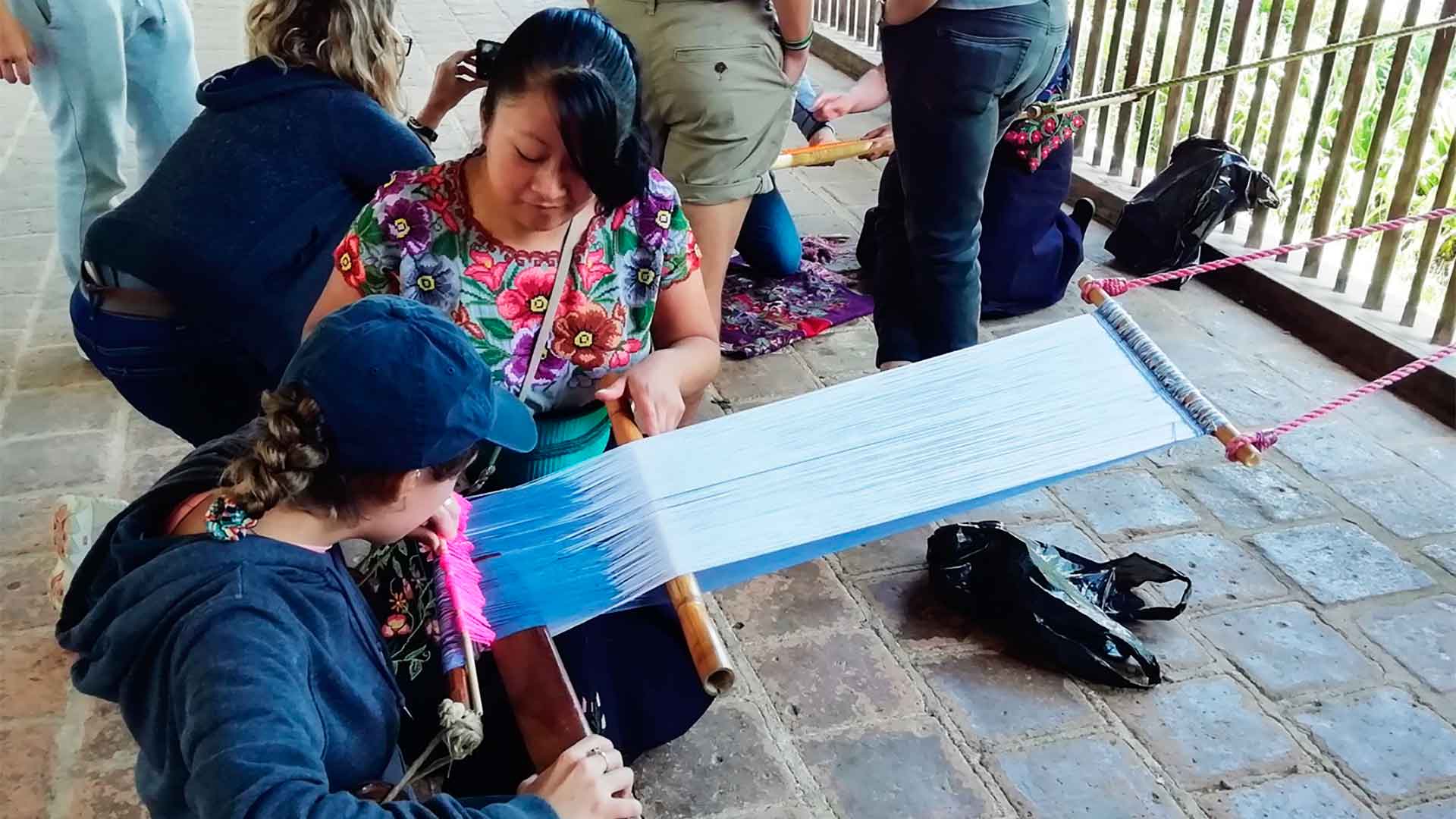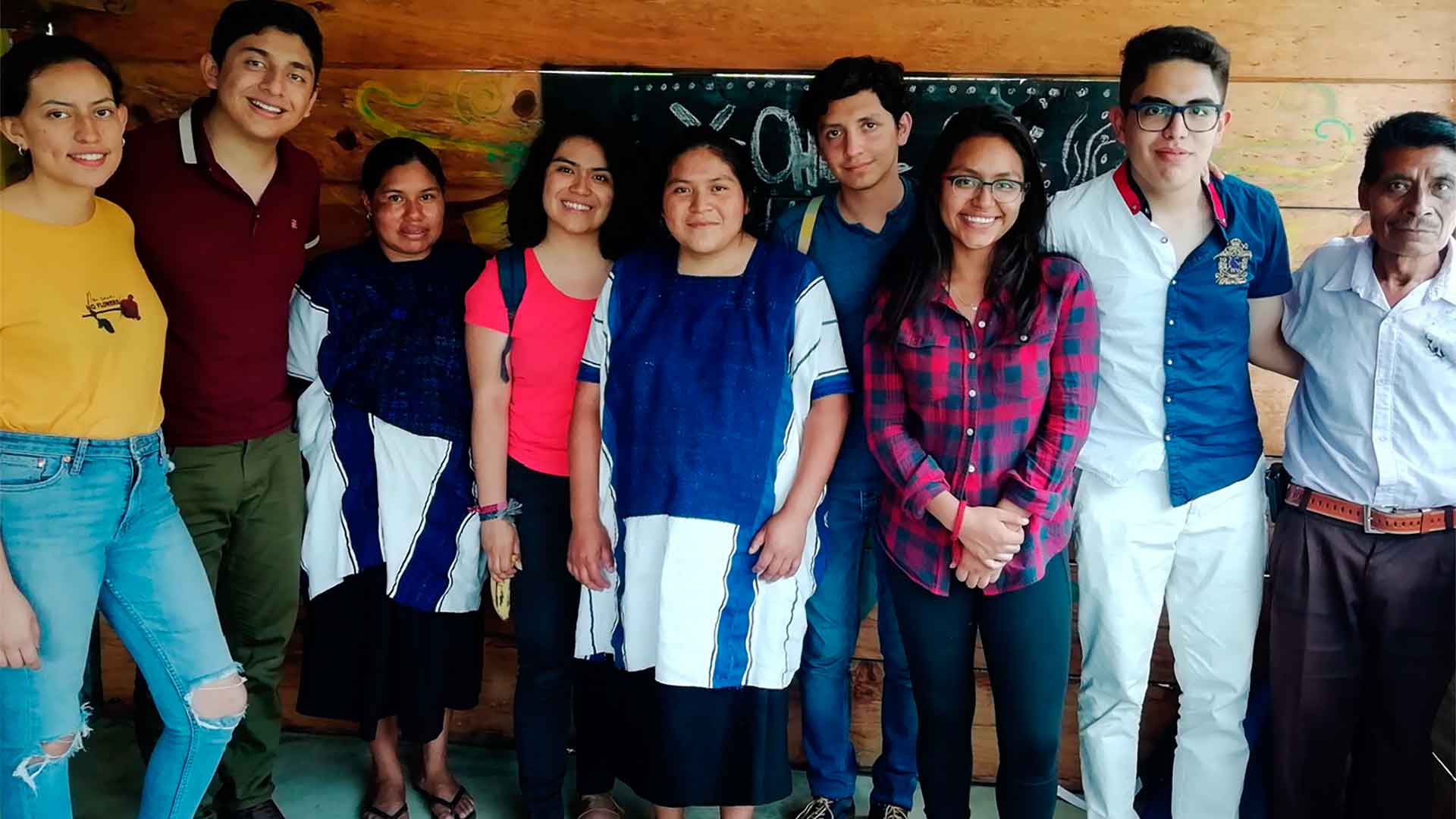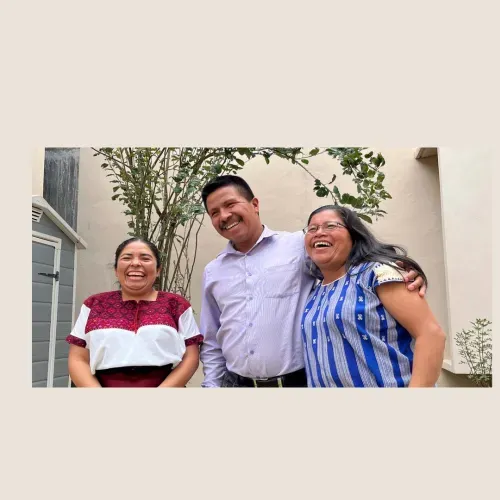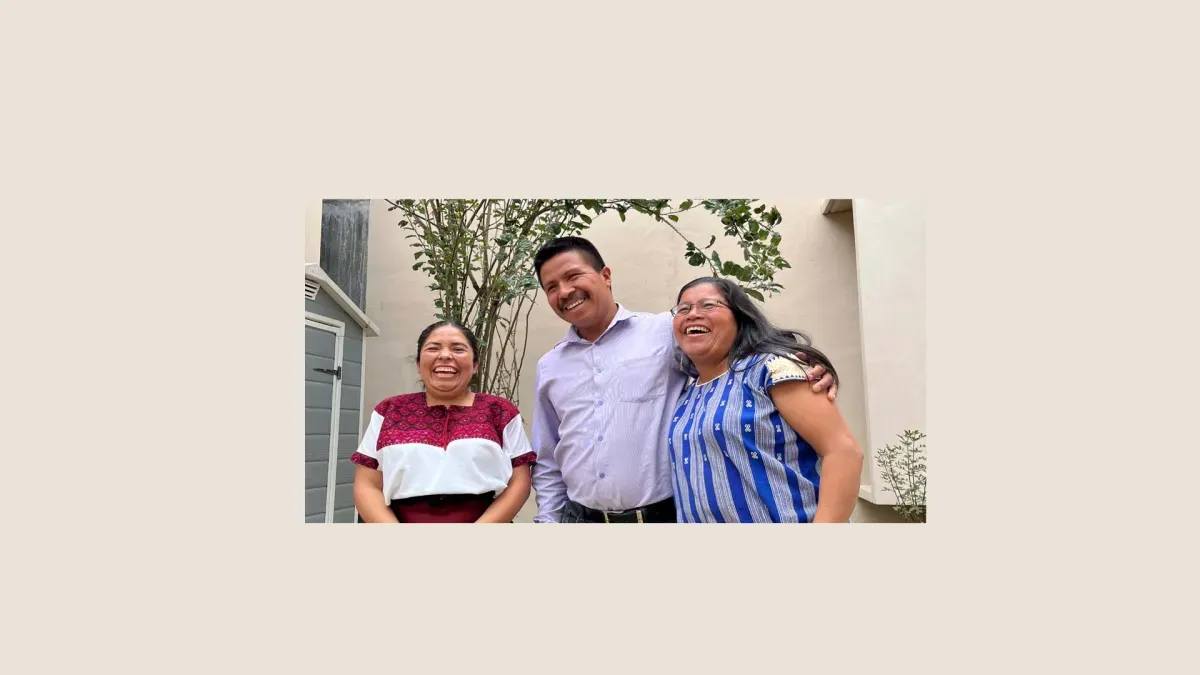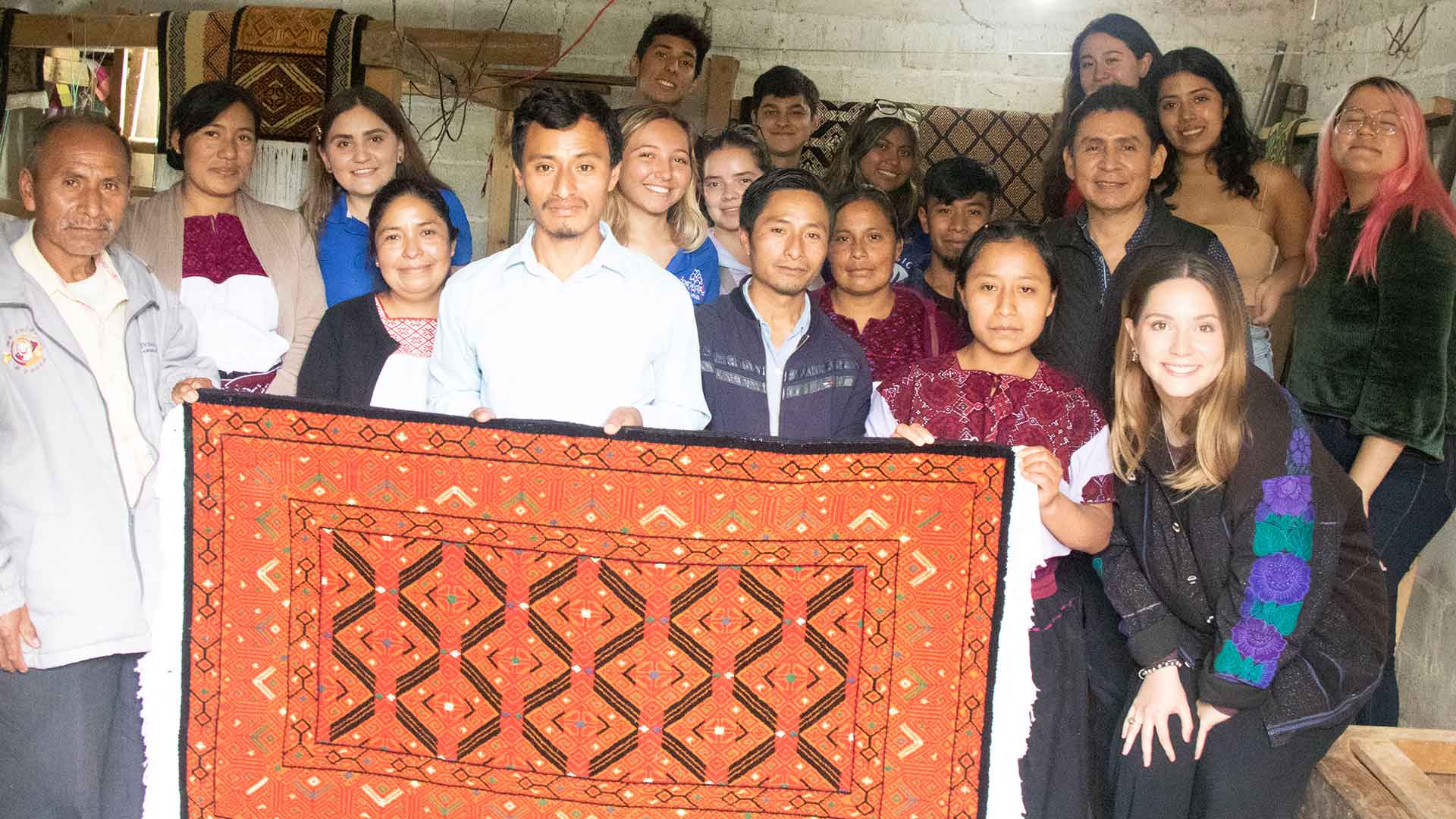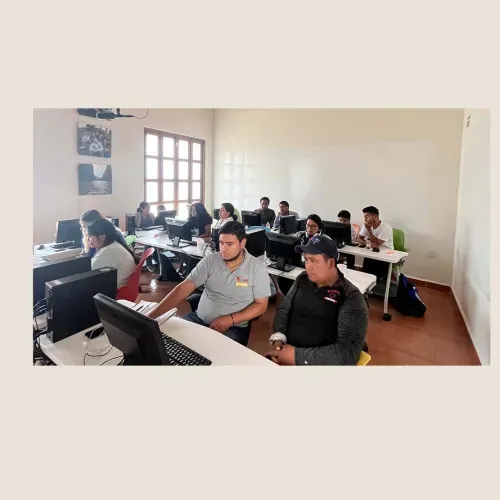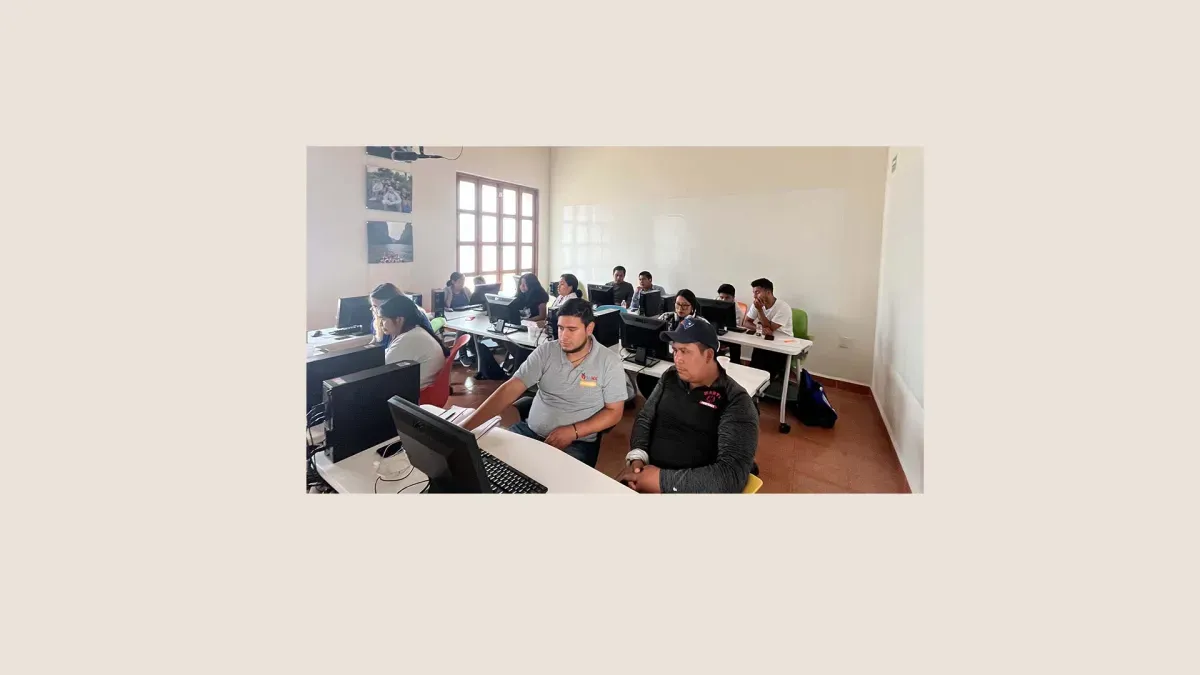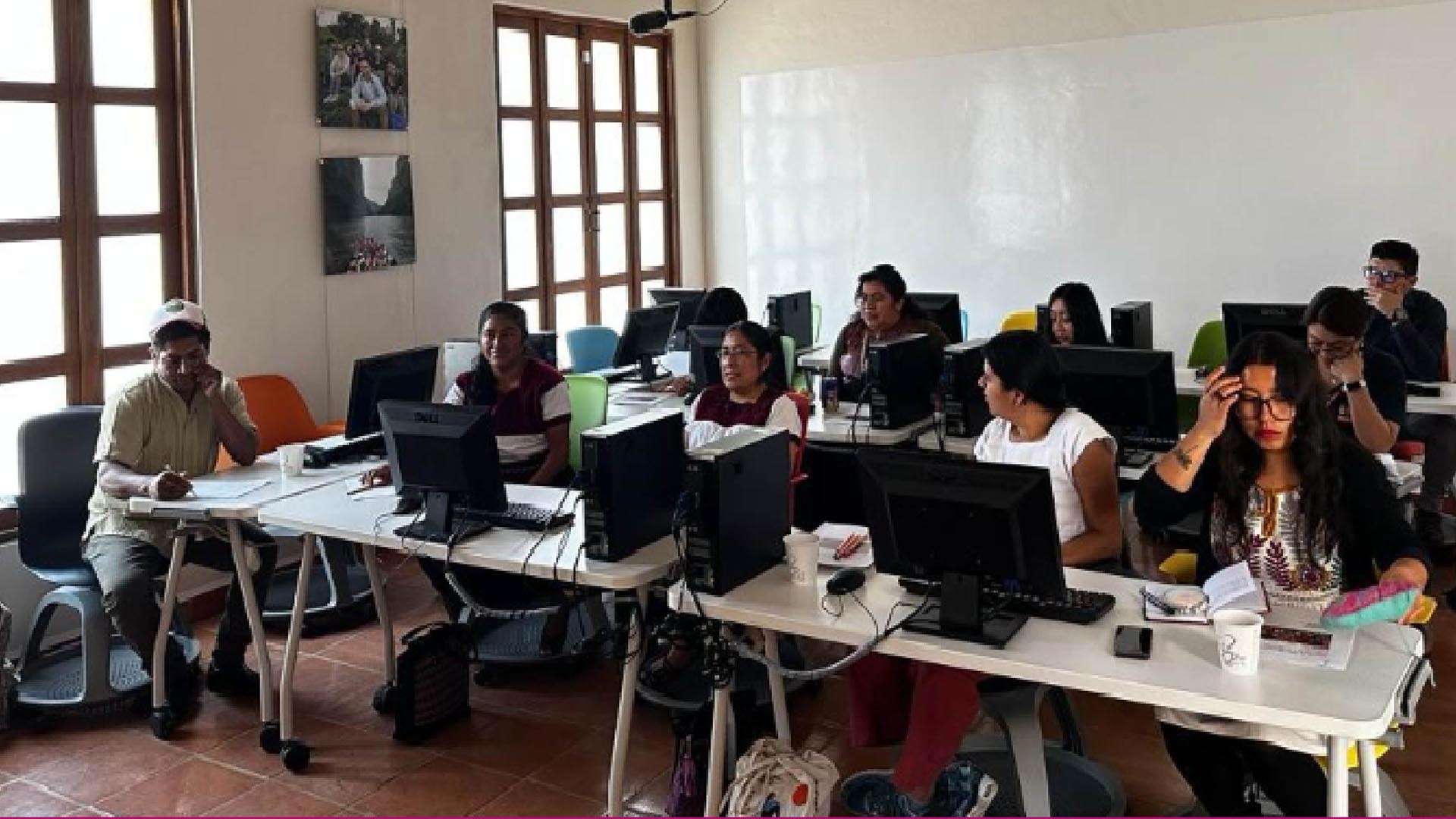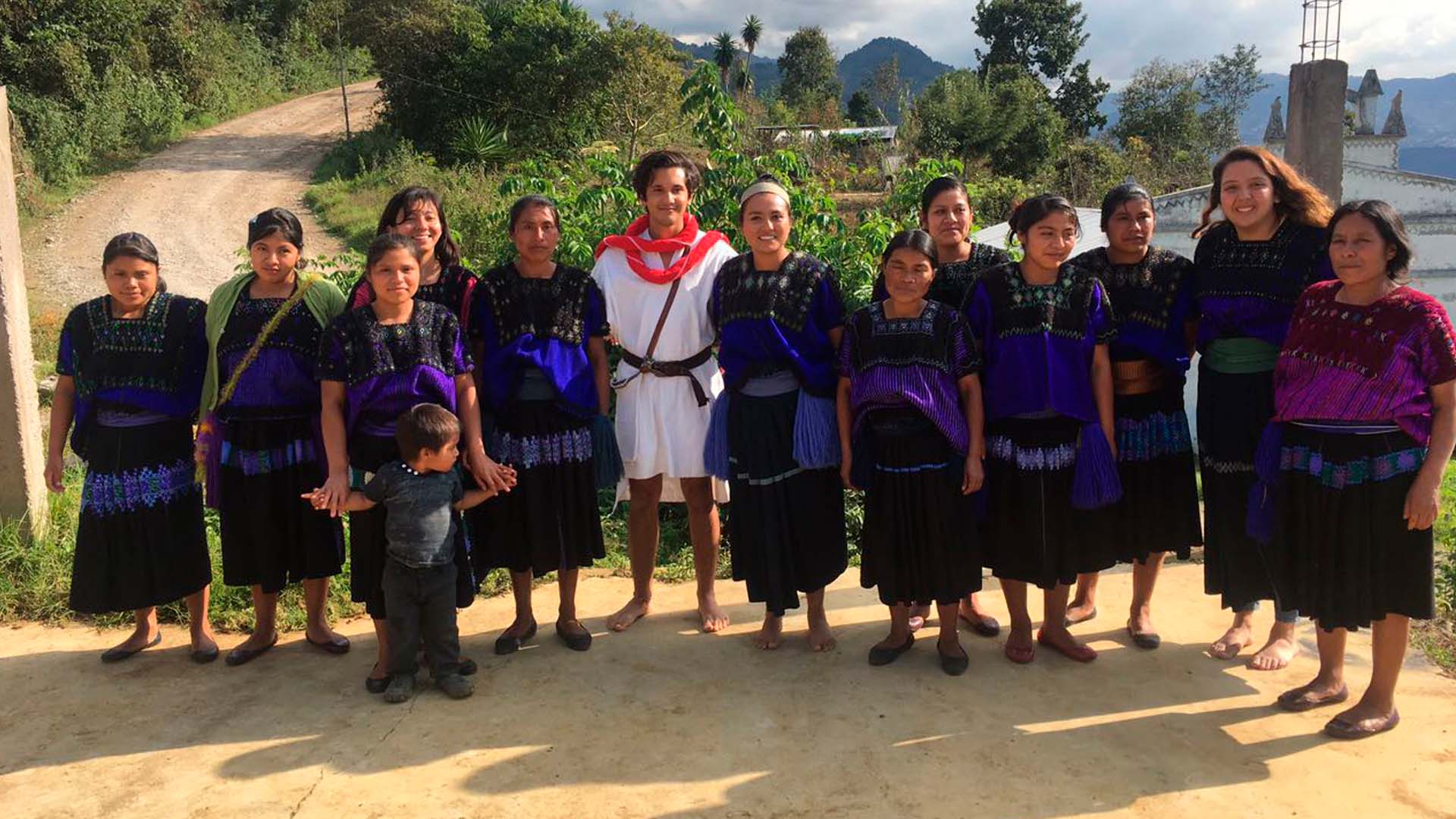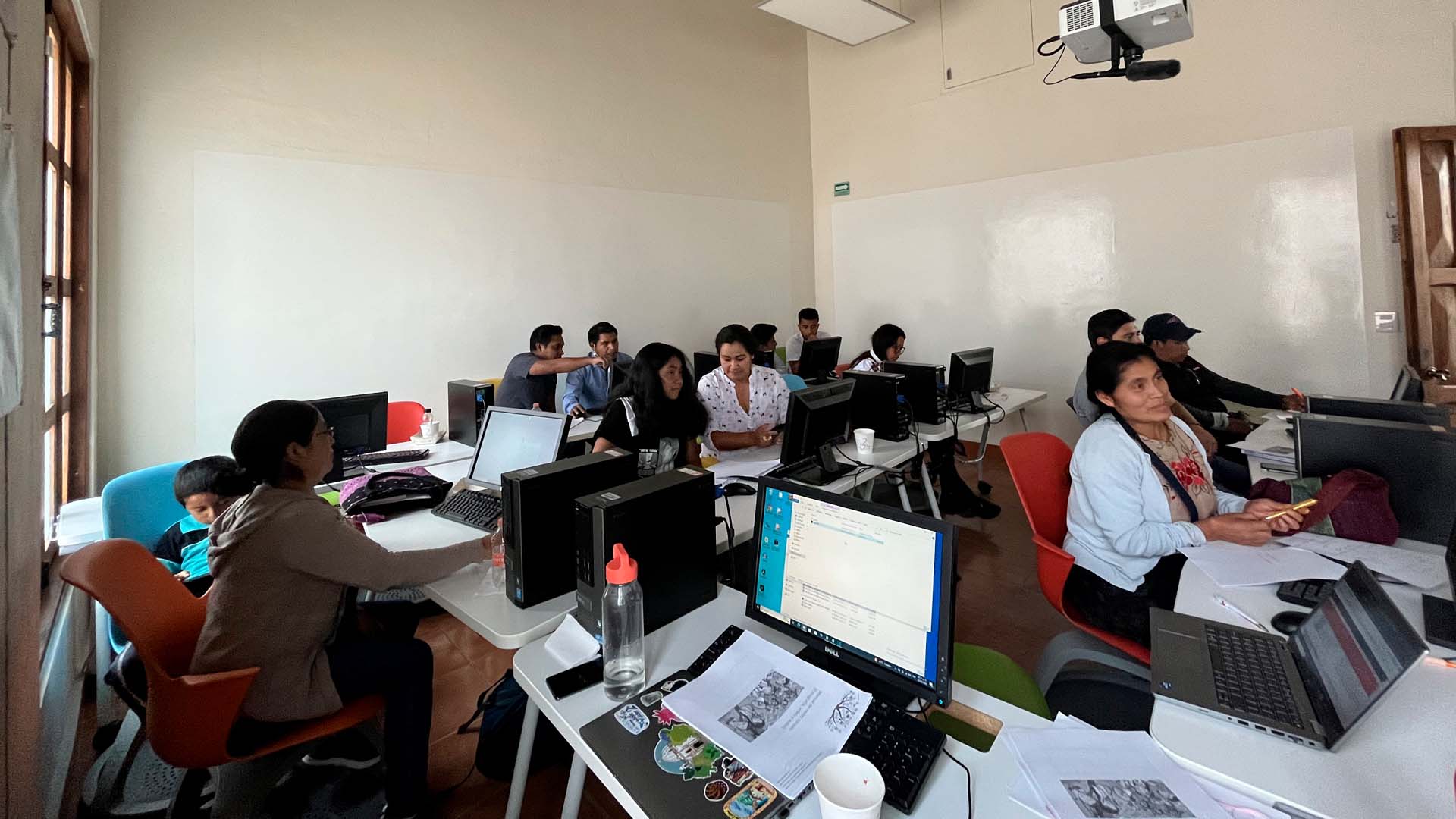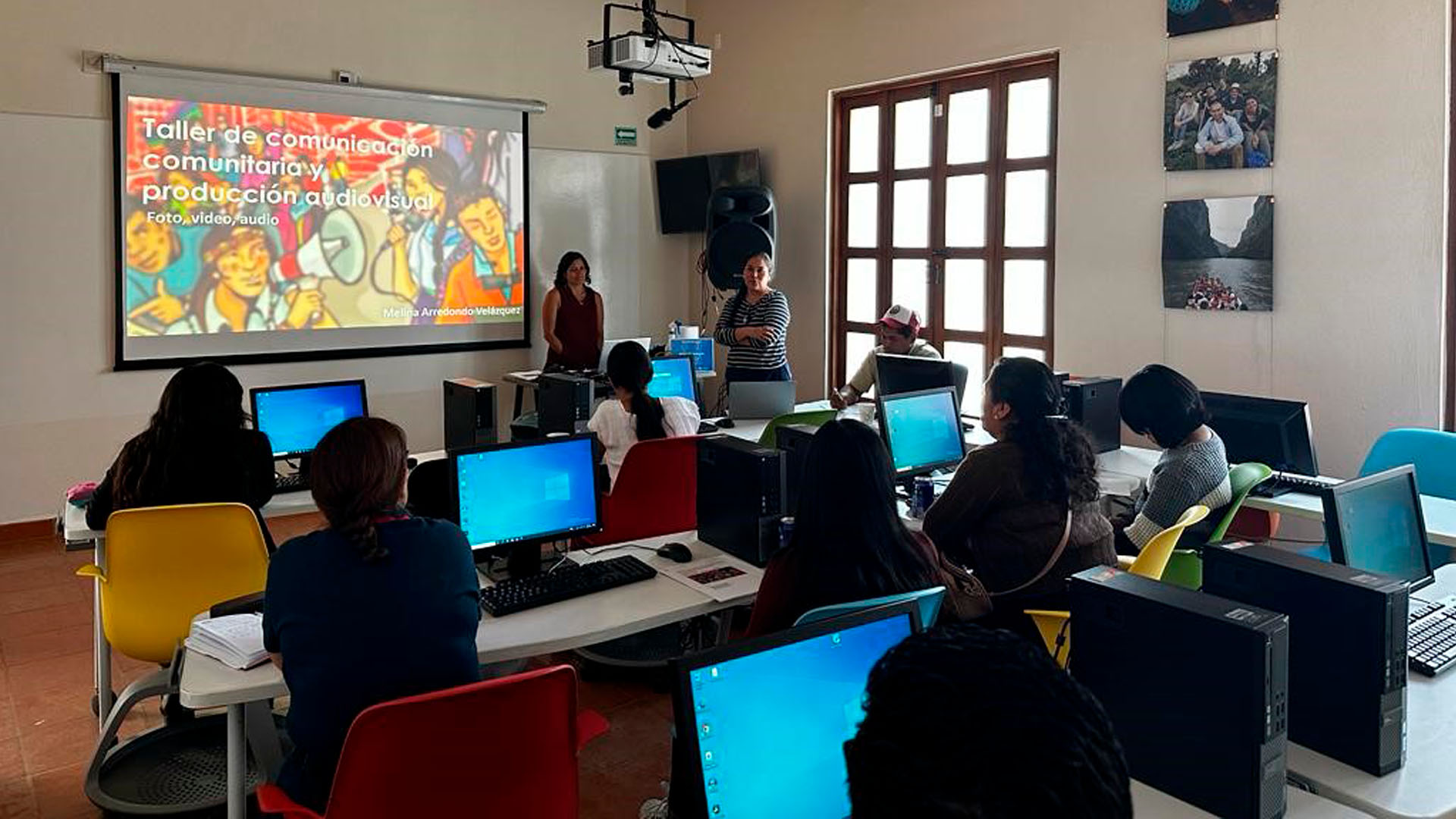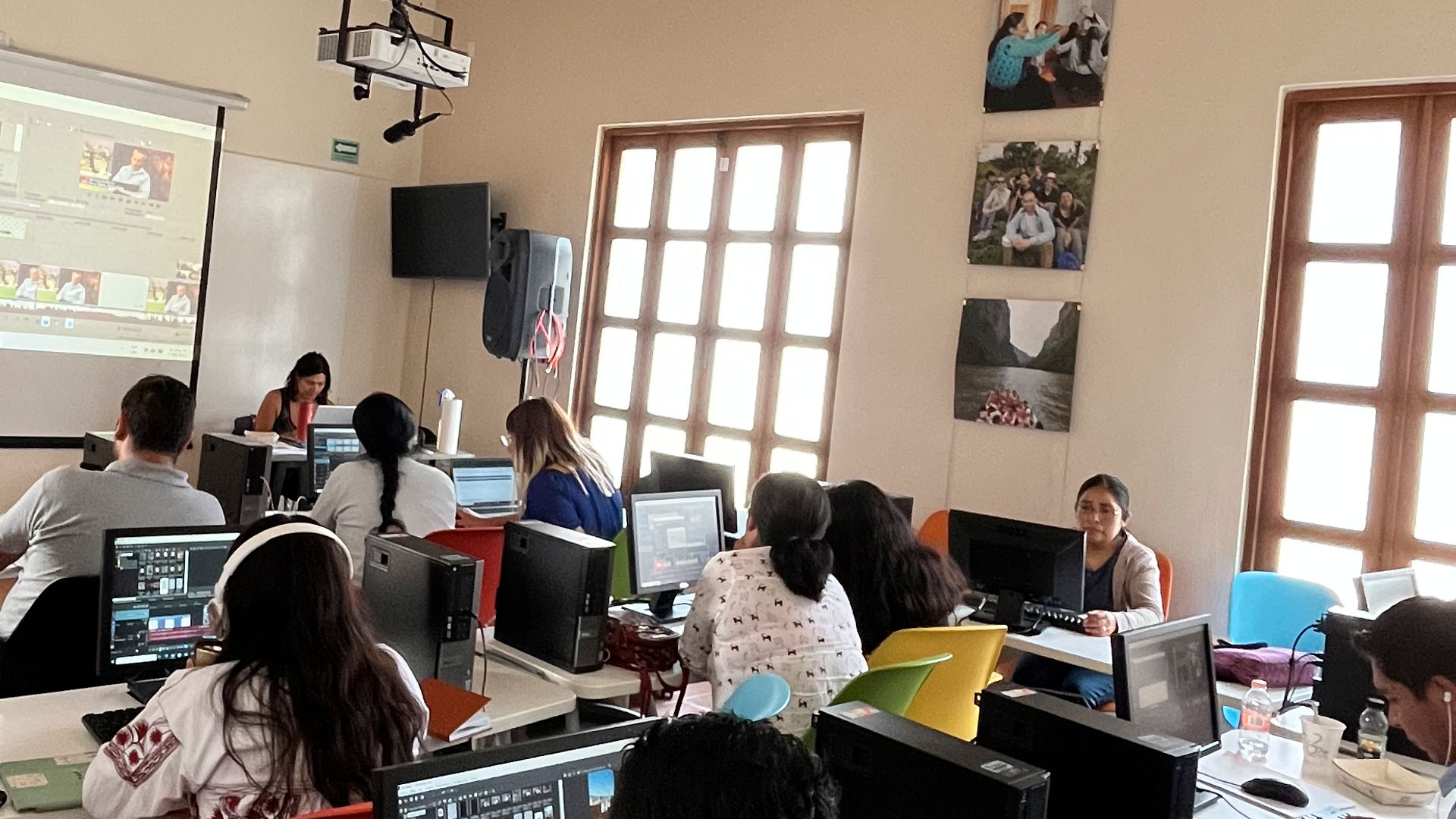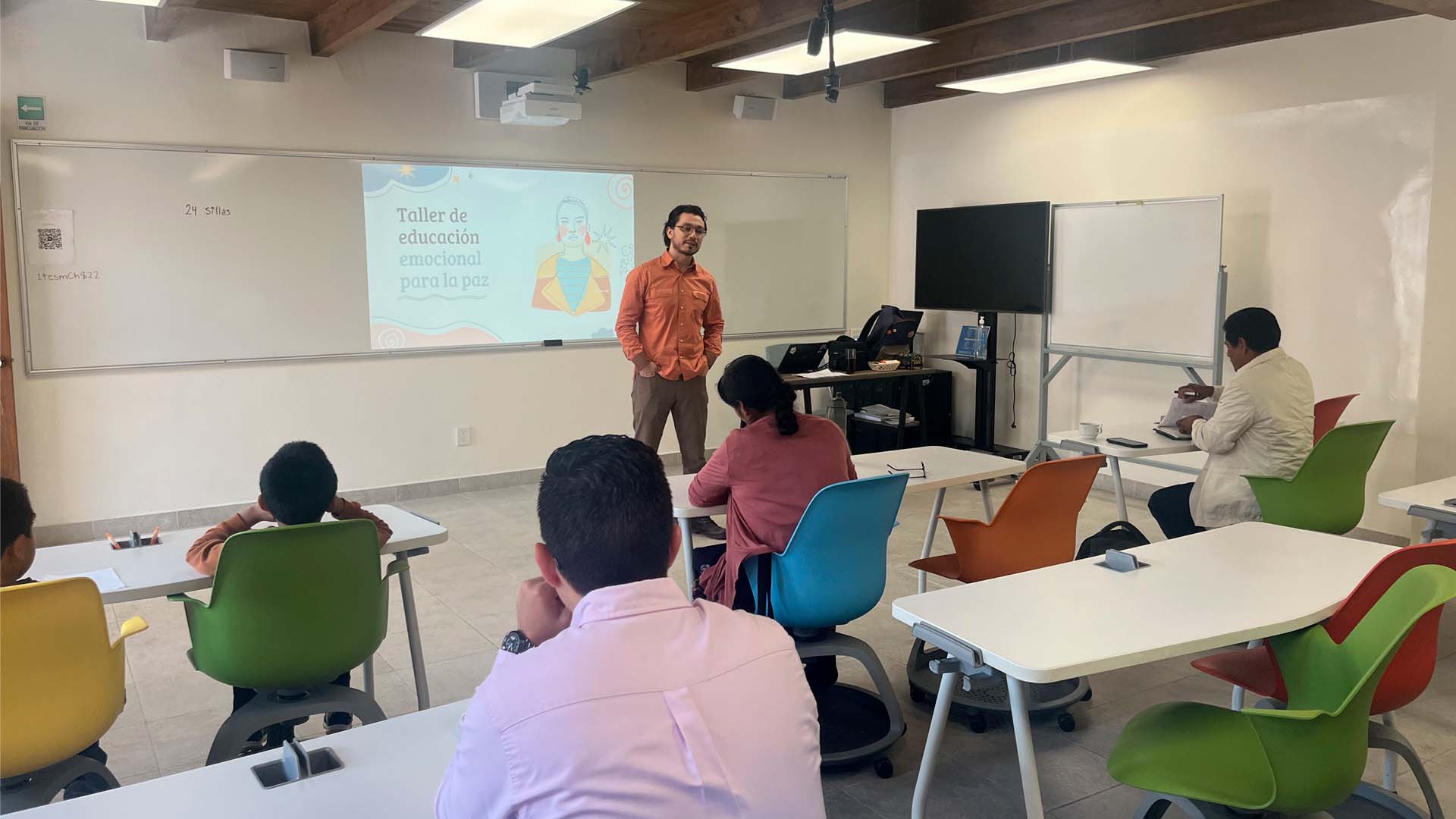| Ciudad Obregón | 05/03/2025 | 09:50 | El eco de nosotras | el taller de pintura estará mostrando su talente poniendo a mujeres admiradas y pondrán frases motivadoras, celebrando su fuerza e inspiración | | Presencial | Cafetería |
| Ciudad Obregón | 06/03/2025 | 17:00 | Zumba con causa | Clase de zumba, donde la entrada será donar productos femeninos para apoyar a una casa de asistencia de mujeres | | Presencial | Arena Borregos |
| Ciudad Obregón | 07/03/2025 | 09:50 | Premiación Lead HER Ship | Reconocimientos otorgados por la comunidad estudiantil a las mujeres más destacadas en deporte, cultura y liderazgo, con categorías para preparatoria, profesional, colaboradoras y profesoras. | | Presencial | Auditorio |
| Cuernavaca | 03/03/2025 | 11:00 | ¿Qué es el Feminismo? | El Grupo Estudiantil de Ultravioleta dará una plática informativa sobre el movimiento del Feminismo a lo largo del tiempo. | Mesa Directiva Grupo Estudiantil | Presencial | Conference Room |
| Cuernavaca | 07/03/2025 | 12:00 | Círculo de escucha de Mujeres | Realizaremos dos círculos de aproximadamente 20-30 mujeres, una pasa en medio y comienza a decir afirmaciones sobre lo que es ser una mujer, Ejemplo “Soy fuerte”y todas responden “Sí eres” | Estudiantado, docentes, colaboradores/as | Presencial | Explanada Poniente |
| Cuernavaca | 10/03/2025 | 13:00 | Presentación del libro “Oscura Punta” de Ethel Krauze | Es la presentación del libro "Oscura punta", de la escritora y colega, Ethel Krauze. "Oscura punta" es un poemario en el que se desarrolla una narrativa personal sobre la violencia de género hacia las mujeres. La presentación contará con la presencia de Xóchitl Virto, Sofía araujo y la autora. | Estudiantado, docentes, colaboradores/as, Padres de familia | Presencial | Auditorio del campus |
| Cuernavaca | 10/03/2025 | 13:00 | Presentación del libro: "Oscura Punta" | La presentación del poemario "Oscura punta", de la escritora Ethel Krauze detonará la reflexión sobre la violencia de género hacia las niñas, las mujeres y las adolescentes, puesto que en el libro se desarrolla una narrativa personal sobre el tema. | Xóchitl Virto, Sofía Araujo y Ethel Krauze | Presencial | Explanada Poniente |
| Cuernavaca | 11/03/2025 | 14:00 | Taller: Practicando para la vida | Es un taller de distintas estaciones donde en cada estación habrá actividades para practicar habilidades de la vida, situaciones e imprevistos (cambiar llantas, servicios coche, identificar herramientas, etc). | Estudiantado | Presencial | Estacionamiento Poniente |
| Cuernavaca | 12/03/2025 | 13:00 | Foro de mujeres de ingeniería: Who run the world | Plática inspiradora con ingenieras para ingenieras, un espacio pensado para compartir experiencias, desafíos y logros en el mundo de la ingeniería. Este encuentro busca motivar, fortalecer la red de apoyo entre profesionales y abrir un diálogo enriquecedor sobre cómo seguir rompiendo barreras en un campo tradicionalmente masculino. ¡Una oportunidad para aprender, conectar y empoderarnos mutuamente! | Estudiantado, docentes, colaboradores/as | Presencial | Auditorio del campus |
| Cuernavaca | 14/03/2025 | 09:00 | Creación Mural 8M He for She | La creación de un mural conmemorativo al 8 de marzo, lleno de mensajes de apoyo, empoderamiento y solidaridad para todas las mujeres. Este mural será un espacio de expresión colectiva, donde cada mensaje será un reflejo de nuestra fuerza y unidad. El mural permanecerá durante todo el mes, para que su mensaje inspire y nos recuerde cada día la importancia de la lucha por la igualdad y el respeto. ¡Ven a dejar tu huella y a ser parte de este homenaje visual! | Estudiantado | Presencial | Explanada Poniente |
| Guadalajara | 07/02/2025 | 09:00 | Letras en la prepa | Feria de libros y mesas de diálogo de perspectiva de género | No aplica | Presencial | Explanada PrepaTec |
| Guadalajara | 28/02/2025 | 13:00 | Rumbo al 8M: Desafíos en Salud | Día en el cuál se llevarán a cabo 3 pláticas con expertas: Marco legal del los derechos sexuales y reproductivos en México: actualización y perspectivas, Sesgos en la Investigación: El Rezago en el Estudio de la Salud Femenina, y Violencia ginecológica/obstetrica. | | Presencial | Sala Ejecutiva 1 del Centro de Congresos |
| Guadalajara | 01/03/2025 | 10:00 | Posteridad GDL: 8M | POSTERIDAD GDL : 8M se lleva a cabo en Guadalajara en el período previo a la Marcha Anual de las Mujeres, una protesta significativa a nivel nacional e internacional por los derechos de las mujeres, la igualdad de género y el fin de la violencia de género. El 1 de marzo, se celebrará un evento de un día impulsado por el diseño y las artes en la Biblioteca Pública Juan José Arreola, dando a estudiantes y ciudadanos de toda la ciudad la oportunidad de explorar y hacer tangibles los tipos de futuros que les gustaría llevar a la Marcha de las Mujeres. | Stuart Candy, Viviana Martínez, Florencia Guillén | Presencial | Biblioteca Juan José Arreola - Periférico Norte Manuel Gómez Morín, C. Prol. Belenes # 1695, 45180 Zapopan, Jal. |
| Guadalajara | 03/03/2025 | 10:30 | Bazar Palicates Violeta | Bazar de mujeres emprendedoras | | Presencial | Explanada Central de prepa |
| Guadalajara | 04/03/2025 | 18:00 | 8M: LTM Girls (presentación EP) y Concierto 8 beats | En el marco del 8M, alumnas de Producción musical presentan su EP, con producciones originales, 100% realizadas por mujeres desde la composición hasta el mastering.
Concierto producido por estudiantes LTM y la sociedad estudiantil AES Guadalajara con motivo del 8M. Además, habrá recolección de desechos para reciclarlos.
| | Presencial | Jardín entre el CARD y Biblioteca |
| Guadalajara | 06/03/2025 | 10:00 | Expo Mujeres Creativas | Alumnos de Estudios Creativos y Programas EAAD, harán un póster con la biografía de Mujeres Creativas en el ámbito de su profesión, sus trabajos se estarán exponiendo en un evento de inauguración en uno de los jardines del Campus, amenizado por una selección de música acorde al tema. La idea es exponerlo fuera del hábitat de las carreras creativas para tener mayor impacto. | Ana María Morales Jiménez | Presencial | Jardín que esta a un lado de la Biblioteca, atrás de la pantalla de la Cyber Plaza. |
| Guadalajara | 06/03/2025 | 12:00 | 8M: Speed Date Mujeres que Concilian | ¿Estás por graduarte? ¿Te preguntas cómo conciliar la vida personal con la profesional? ¿Quieres tener hijos pero también una carrera exitosa? Ven a este almuerzo con mujeres que trabajan donde se atenderán dudas en formato de citas de speed date. Esta actividad se realiza en el marco del 8M.
| NA | Presencial | Estudio de TV, CARD |
| Guadalajara | 06/03/2025 | 19:00 | Función de cine 8M | Proyección de cortometrajes temática de género | Programa de ARQ | Presencial | Explanada pantalla plaza central Tec Campus GDA |
| Guadalajara | 07/03/2025 | 11:00 | 8M: Presentación SororIA | Presentación de SororIA, un desarrollo de IA que utiliza WhatsApp, website, Facebook Messenger o inbox de Instagram, para ofrecer apoyo emocional y asesoría a mujeres mexicanas en contextos de violencia de género. Dicho desarrollo fue realizado por una estudiante. | Lia Alvarado (desarrolladora y estudiante LC). | Presencial | Centro de Congresos |
| Guadalajara | 07/03/2025 | 13:00 | Concurso de imagen para marcha 8M | El día 7 se marzo se estará mostrando la imagen ganadora que se usará para la creación de un kit para la marcha del 8M | Zita Carolina González Guzmán | Presencial | online para registro de concurso con la imagen (días antes) y presencial para entrega del kit con la imagen ganadora, a un lado de biblioteca |
| Guadalajara | 07/03/2025 | 13:45 | 8M: Inauguración exposición temporal Anónimo. Mujeres en la literatura | Inauguración de la exposición temporal Pintoras Tlajomulco con motivo del 8M. La exposición estará en el CARD durante un mes. | | Presencial | CARD |
| Guadalajara | 08/03/2025 | 16:00 | Wonder Women in Engineering | Panel con 4 mujeres exitosas ingenieras | | Presencial | EIAD |
| Guadalajara | 10/03/2025 | 12:00 | El Espacio (de lo) Colectivo | Conferencia sobre obra propia | Patricia Reus | Presencial | Auditorio 1 |
| Guadalajara | 18/03/2025 | 14:00 | Presentación del libro Acto de Protesta | Presentación con algunas de als autoras | Alessandra Cireddu, Andrea Soto, Armida Fernández | Presencial | Jardín de las hamacas |
| Hidalgo | 03/03/2025 | Todo el día | Lucha historica de las mujeres y sus logros | Exhibición bibliográfica relacionada con la lucha historica de las mujeres y sus logros | | Presencial | Biblioteca |
| Hidalgo | 03/03/2025 | Todo el día | Lucha historica de las mujeres y sus logros | Exhibición bibliográfica relacionada con la lucha historica de las mujeres y sus logros | No | Presencial | Biblioteca |
| Hidalgo | 04/03/2025 | 13:00 | Feminicidios y trata de personas: narrar las violencias contra las mujeres desde el periodismo | Charla de la periodista Gloria Piña sobre feminicidios desde la experiencia de una periodista | No | Presencial | ARTE |
| Hidalgo | 05/03/2025 | 15:30 | Mujeres Creativas ESC | De igual forma durante el proceso de la creación de carteles se llevarán a cabo espacios de reflexión sobre la lucha del 8M así como la importancia de la consigna “Mas allá de”. | Fernanda Torres Meza | Presencial | Labo ESC |
| Hidalgo | 07/03/2025 | 09:00 | Soy mujer | Campaña en solidaridad a la causa, se dibujarán estrellas moradas en un mural | | Presencial | Aulas 2 |
| Hidalgo | 07/03/2025 | 11:00 | Sororidad | Saber qué es el concepto de sororidad | No | Presencial | Jardín de Centro Estudiantil |
| Hidalgo | 07/03/2025 | 8:00 y 10:00 | Identificando la violencia y la inequidad de género | Taller donde dos profesoras y dos profesores dirigirán un taller que consiste en analizar diferentes situaciones vivenciales para identificar violencia de género e inequidad. | No | Presencial | medio ARTE |
| Hidalgo | 07/03/2025 | 8:00 y 10:00 | Lenguaje con equidad, micromachismos | Taller donde se presentan frases y lo que piensa la audiencia de lo correcto e incorrecto, discusión organizada a partir de micromachismos construidos. | No | Presencial | medio ARTE |
| Hidalgo | 07/03/2025 | 8:00 y 10:00 | Identificando la violencia y la inequidad de género | Taller donde dos profesoras y dos profesores dirigirán un taller que consiste en analizar diferentes situaciones vivenciales para identificar violencia de género e inequidad. | No aplica | Presencial | Medio ARTE |
| Hidalgo | 07/03/2025 | 8:00 y 10:00 | Lenguaje con equidad, micromachismos | Taller donde se presentan frases y lo que piensa la audiencia de lo correcto e incorrecto, discusión organizada a partir de micromachismos construidos. | No aplica | Presencial | Medio ARTE |
| Hidalgo | 08/03/2025 | 11:00 | Sororidad | Saber qué es el concepto de sororidad | | Presencial | Jardín de Centro Estudiantil |
| Hidalgo | 27/03/2025 | 16:00 | Mujeres en los negocios | Ponencia de mujeres exitosas en el ámbito empresarial | No | Presencial | Comedor Ejecutivo |
| Hidalgo | 27/03/2025 | 16:00 | Mujeres en los negocios | Reconocimiento de la mujer en los negocios | | Presencial | Comedor Ejecutivo |
| Morelia | 03/03/2025 | 10:00 | Mujeres en la literatura | Exposición de libros escritos por mujeres | | Presencial | Biblioteca |
| Morelia | 03/03/2025 | 10:00 | Si el dolor se viera | Tendedero de ropa color Rojo en una pared del campus, con una pequeña descripción | | Presencial | Muro en explanada principal |
| Morelia | 03/03/2025 | 10:00 | ¿Qué pasaría si las marcas de dolor pudieran verse? | Exposición de 4 fotos. | | Presencial | Muro en explanada principal |
| Morelia | 03/03/2025 | 10:00 | Mural Mujer | realizar un mural en cristal con fotos de muejeres importantes | | Presencial | Ventanal de duela LiFE |
| Morelia | 04/03/2025 | 14:30 | Crea tu Cartel | hacer carteles alusivos a los temas 8M, y posteriormente pegarlos en algunas paredes del campus | | Presencial | Salón de clases |
| Morelia | 05/03/2025 | 10:00 | Arbol Morado | Se invitará a llenar un arbol con hojas moradas, en el cual podran poner su nombre, o bien algna situación que hayan vivido. una frase de apoyo. | | Presencial | Explanada de cafeteria |
| Morelia | 05/03/2025 | 10:00 | No estas sola, Yo estoy contigo | Un mural, o espacio con papel craft en el cual podran pintar su mano en señal de apoyo, y de no estas sola, yo estoy contigo. | | Presencial | Ventanal LiFE |
| Morelia | 05/03/2025 | 13:00 | Mujeres por mujeres para mujeres | un grupo de dialogo sobre cine comentado | | Presencial | Salon |
| Morelia | 06/03/2025 | 14:30 | Circulo de Mujeres | Un momento de dialogo entre muejeres para conversar sobre vivencias que han tenido | | Presencial | Area de fogata |
| Morelia | 06/03/2025 | 15:30 | Carta a mi yo del pasado y futuro | Realizar una carta personal, a la mujer que fui antes y otra a la que aspiro ser. la del pasado se quemaria en la fogata para simpolizar el dejar ir el pasado. | | Presencial | Area de fogata |
| Morelia | 07/03/2025 | 09:00 | Lectura Dramatizada | al terminar la marcha realizar una lectura dramatizada sobre el tema | | Presencial | Explanada principal |
| Morelia | 07/03/2025 | 10:00 | Panel de mujeres empresarias | Panel de mujeres empresarias | | Presencial | Emprendimiento |
| Puebla | 20/02/2025 | 11:00 | Jornada Equidad de género en ingeniería | Se tendrá una charla, tres paneles y una sesión de mesas de trabajo en donde se aboradará el tema de la equidad de género desde diferentes perspectivas como estudiantes mujeres, hombres (micromachismos y exatecs), y mujeres exatec ingenierías en la industria. Se cerrará con una mesa de trabajo donde participarán estudiantes de ingeniería. | 4 estudiantes del Tec, Dr. Iván Galván, 2 profesores del Tec y 2 hombres exatecs, 4 ingenieras exatec | Presencial | Auditorio de Aulas 4 y lobby. |
| Puebla | 21/02/2025 | 14:00 | 1° Sesión: Introducción a los círculos de mujeres y la Lucha Feminista | Espacio donde mujeres estudiantes y colaboradoras comparten y reflexionan sobre la lucha feminista y dan inicio a este círculo constante de reuniones | NA | Presencial | Punto Blanco |
| Puebla | 24/02/2025 | Todo el día | Mural para una vida libre de violencia | Mural para dar mensajes a las mujeres que han vivido violencia | Estudiantado, docentes, colaboradores/as | Presencial | Lobby de cerámica |
| Puebla | 24/02/2025 | Todo el día | Mural: tu vivencia en el 8m | Mural de como vivo yo el 8m a través de mensajes | Estudiantado, docentes, colaboradores/as | Presencial | Lobby de cerámica |
| Puebla | 24/02/2025 | Todo el día | Mural: ¿qué les dirías a las mujeres de campus Puebla? | Mural de mensajes y fotos positivo para las mujeres de campus | Estudiantado, docentes, colaboradores/as | Presencial | Lobby de LiFE |
| Puebla | 01/03/2025 | 10:00 | Mujeres en la EAAD | Una muestra para visibilizar y celebrar la presencia y el impacto de las mujeres en la Escuela de Arquitectura, Arte y Diseño. A través de fotografías, rendimos homenaje a profesoras, colaboradoras y alumnas que forman parte de nuestra comunidad.
Invitamos a las estudiantes a sumarse enviando su foto para ser parte de este espacio, donde reconocemos su talento, esfuerzo y contribución en la construcción de un futuro más equitativo. | N/A | Presencial | Nicho Aulas 4 Campus Puebla |
| Puebla | 01/03/2025 | 10:00 | Exposición: Mujeres en la EAAD | Una muestra para visibilizar y celebrar la presencia y el impacto de las mujeres en la Escuela de Arquitectura, Arte y Diseño. A través de fotografías, rendimos homenaje a profesoras, colaboradoras y alumnas que forman parte de nuestra comunidad. Invitamos a las estudiantes a sumarse enviando su foto para ser parte de este espacio, donde reconocemos su talento, esfuerzo y contribución en la construcción de un futuro más equitativo. | | Presencial | Nichos piso 1 de Aulas 4 |
| Puebla | 03/03/2025 | 15:00 | Una vida sin ellas, círculo de confianza | Espacio abierto a la comunidad para hablar y reflexionar del rol de los varones en la conmemoración del 8m, junto con el área de bienestar estudiantil | Estudiantado, docentes, colaboradores/as | Presencial | Punto Blanco |
| Puebla | 03/03/2025 | Todo el día | Campaña Menstruación digna | Colecta de productos para menstruación en los acrilicos que hay en los baños del campus | Estudiantado, docentes, colaboradoras | Presencial | Baños del campus |
| Puebla | 05/03/2025 | 15:00 | Mujeres Creadoras y Creativas | Conversatorio donde destacadas mujeres profesionistas en arquitectura, animación digital y diseño compartirán sus experiencias, desafíos y aprendizajes en el ámbito profesional. Un espacio para reflexionar sobre el rol de las mujeres en la industria creativa e inspirar a futuras generaciones. | N/A | Presencial | InnovAction Gym A4302 |
| Puebla | 05/03/2025 | 15:00 | Conversatorio: "Mujeres creadoras y creativas" | Mujeres profesionistas en arquitectura, animación digital y diseño compartirán sus experiencias, desafíos y aprendizajes en el ámbito profesional. Un espacio para reflexionar sobre el rol de las mujeres en la industria creativa e inspirar a futuras generaciones. | | Presencial | InnovAaction Gym 4302 |
| Puebla | 06/03/2025 | 19:00 | Inauguración exposición: Genealogía Feminista | Este proyecto expositivo pone en el centro las historias y memorias de mujeres que han dejado huella, reconociendo cómo sus experiencias personales y profesionales contribuyen a dar forma a un imaginario colectivo que promueve la equidad, la resiliencia y el liderazgo femenino. Este proyecto no solo rescata esas historias, sino que integra las en un discurso más amplio sobre el poder transformador de las mujeres en la sociedad. | N/A | Presencial | Museo Urbano Interactivo del Tecnológico de Monterrey, 4 Norte No. 5, Centro Histórico, Puebla, Pue. |
| Puebla | 07/03/2025 | 18:00 | Expresa tu Voz: Taller Creativo de Carteles | Un espacio creativo para mujeres, diseñado para expresar ideas y sentimientos a través de cartulinas llenas de significado. Con acompañamiento personalizado, podrás plasmar tu mensaje de manera auténtica y poderosa. De igual forma durante el proceso de la creación de carteles se llevarán a cabo espacios de reflexión sobre la lucha del 8M así como la importancia de la consigna “Mas allá de”. | | Presencial | Museo Urbano Interactivo del Tecnológico 4 Norte No. 5, Centro Histórico, Puebla |
| Puebla | 08/03/2025 | 11:00 | Cuerpo, Color y Expresión / Trazos Libres, Historias Propias | Espacio para explorar tu historia y emociones a través del arte del body paint. Acompañadas por una instructora, podrás pintar a una compañera o incluso a ti misma. Conviértete en el lienzo donde habite tu voz creativa y transforma tu piel en arte lleno de significado. | | Presencial | Museo Urbano Interactivo del Tecnológico 4 Norte No. 5, Centro Histórico, Puebla |
| Puebla | 10/03/2025 | 09:00 | Estreno Cortometraje | Estreno de cortometraje organizado por el CEJ y validado por el CRDH para psicoeducar sobre ethos y los reportes a través de la plataforma. | NA | presencial | Auditorio de A4 |
| Puebla | 28/03/2025 | Todo el día | Mural: ¿Que significa para mi el 8m? | mural que represente lo que cada uno sabe y siente sobre el 8m para trabajar con los estigmas y reflexionar sobre ellos. | Estudiantado de Prepa | Presencial | Preparatoria |
| Puebla | 25 de febrero, 4, 11 y 18 de marzo
| 16:00 | Círculo de Lectura: El Jardín de los ídolos de Georgina Moctezuma | En el marco del proyecto Genealogía Feminista, el Museo Urbano Interactivo (MUI) y Bibliotecas del Tecnológico de Monterrey, Campus Puebla, organizan el Círculo de Lectura sobre El jardín de los ídolos, de la autora Georgina Moctezuma. Este evento está dirigido a la comunidad estudiantil del campus. | N/A | Presencial | Biblioteca Norte, Aulas 4 |
| Puebla | Por definir | Por definir | Proyección de mujercitas | Proyección de la peli mujercitas posterior a la semana del 8m | Estudiantado de prepa | Presencial | auditorio aulas 4 |
| Querétaro | 07/02/2025 | 14:00 | Picnic Sororo | Actividad donde comparten las estudiantes de profesional espacio sororo, alimentos, elaboración de pancartas para la marcha del 8M del Estado. | No aplica | Presencial | Pabellón y Jardin de Pabellón |
| Querétaro | 26/02/2025 | 16:00 | Charla rumbo al 8M | Actividad para informar a la comunidad ¿Qué es el 8M?. | No aplica | Presencial | Lobby de biblioteca profesional |
| Querétaro | 03/03/2025 | 09:00 | Ser médica y ser mujer: desafios en la vida productiva | Chala que abordando los retos personales, profesionales y sociales que enfrentan las mujeres en el ámbito de la salud. | Dra. María José Rodríguez Sibaja | Presencial | Pendiente |
| Querétaro | 03/03/2025 | 15:00 | Taller de defensa personal | Dirigida a las estudiantes de preparatoria. | Coordinación de GE, Girl up, estudiantes de prepa | Presencial | Salon de LIFE en Centro Estudiantil de profesional. |
| Querétaro | 05/03/2025 | 09:15 | "Mujeres en la industria" | Resaltar la participación de las Mujeres en nuestras carreras de Ingeniería. | N/A | Presencial | Auditorio de Parque TEC |
| Querétaro | 05/03/2025 | 17:00 | Noche de Hermanas | Se guirá un recorrido por el campus donde se leerá una historia y música para complementarla, cerrará con una actividad de baile entre mujeres y la elaboración de pancartas para el 8M. | Coordinación de GE, Girl up, estudiantes de prepa | Presencial | Punto Blanco |
| Querétaro | 06/03/2025 | 10:00 | Conversatorio: Acto de Protesta | Conversatorio profesoras EAAD de Campus Guadalajara, Puebla y Querétaro Alejandra Rubio, Kitty Murillo, Miriam Villaseñor, Rossana Valdivia, Sandra Hernández, Diana García, Daniela Arias, Mariana Maya | Diálogo: Alejandra Rubio (PUE), Kitty Murillo (PUE), Miriam Villaseñor (GDL), Rossana Valdivia (GDL), Sandra Hernández (QRO), Diana García (QRO), Daniela Arias (QRO), Mariana Maya (QRO) | Presencial | Explanda EAAD (ed. 14) Fuera de Campus (en Casa de Arquitectura, Jardín Hércules) |
| Querétaro | 06/03/2025 | 13:00 | Mujeres y Cultura. Preservando el patrimonio, construyendo un futuro sostenible | Mujeres líderes en la conservación del patrimonio cultural local, muchas de ellas egresadas de la carrera de comunicación, dialogan en un panel sobre sus experiencias y la importancia de las mujeres en la transformación social. | Mujeres líderes en el patrimonio e industria cultural en la localidad | Presencial | Pabellón Tec |
| Querétaro | 06/03/2025 | 15:00 | Decora tu pancarta | Actividad de estudiantes de prepa, un espacio para reunirse y decorar su pancarta | | Presencial | Jardín del CIMA |
| Querétaro | 06/03/2025 | 16:00 | Conversando con Marta Lamas: “Feminismos o Mujerismos” | Hablara de cómo prevenir la violencia de género en el ámbito educativo y se reflexionará sobre la responsabilidad de formar personas líderes comprometidas con los derechos humanos, la perspectiva de género y la interculturalidad | Marta Lamas | Virtual | liga de zoom |
| Querétaro | 06/03/2025 | 16:00 | Acto de Protesta | Conferencias de Patricia Reus, Andrea Soler, Surella Segu y Laura Juliana Ramirez Ruiz | Patricia Reus, Andrea Soler, La Julia, Surella Segú | Presencial | Fuera de Campus (en Casa de Arquitectura, Jardín Hércules) |
| Querétaro | 06/03/2025 | | Expocisión visual: Acto de Protesta | Resultado de la residencia artística de Laura Juliana Ramírez en Campus Querétaro. Ella presentará una charla sobre los videos recopilados durante una serie de talleres impartidos en los últimos meses a un público femenino dentro y fuera del Tec. Estas memorias visuales conforman una memoria de marchas feministas, además una instalación videosonora documenta y relata estas prácticas de resistencia en el espacio público. | Laura Juliana Ramírez "La Julia" | Presencial | Jardín Cerveza Hércules |
| Querétaro | 07/03/2025 | 08:30 | "Un día con Mujeres ingenieras" | Conocer sobre las oportunidades, retos y desafíos que enfrentan las Mujeres Ingenieras en la Industria. | N/A | Presencial | Centro Estudiantil de Prepa Tec |
| Querétaro | 07/03/2025 | 10:00 | Conferencia: Acto de Protesta | Conferencias Ana Faú y Gabriela Carrillo y Diálogo entre participantes de los dos días | Ana Falú y Gabriela Carrillo | Presencial | fuera de Campus (Cineteca Rosalío Solano) |
| Querétaro | 07/03/2025 | 10:30 | Visita Olimpia Coral | Ponencia de Olimpia Corral a la comunidad, hablará de su IA y robots y conversatorio con estudiantes. | Olimpia Coral | Presencial | Centro de Congresos |
| Querétaro | 07/03/2025 | 11:00 | Instalación de arte reflexivo | Expisición y creación de poemas de las personas que deseen particpar | | Presencial | Lobby de biblioteca |
| Querétaro | 07/03/2025 | 13:00 | Taller: manos que crean, voces que resuenan | Actividad sorora para antes del 8M | | Presencial | Pendiente |
| Querétaro | 07/03/2025 | 17:00 | Presentación del libre "Acto de Protesta" | Presentación de libro "Acto de Protesta" 2020-2024 | Gabriela Carrillo, Carina Arvizu, Alessanrda Cireddu | Presencial | fuera de Campus (Cineteca Rosalío Solano) |
| Querétaro | 07/03/2025 | Todo el día | Exposición del conocimiento: un viaje por el tiempo | Actividad de exposicion de mujeres que han destacado | | Presencial | Pendiente |
| Querétaro | 07/03/2025 | | Taller de defensa personal | El grupo de artes de profesional convoca al taller para las estudiante que deseen participar | | Presencial | Pendiente |
| Querétaro | 08/03/2025 | 08:15 | Global Mentoring Walk | Iniciativa global de Vital Voices, en colaboración con 10,000 Mujeres por México, que conecta a mujeres líderes y emergentes en un espacio de mentoría al aire libre. Durante la caminata, se comparten experiencias, aprendizajes y consejos para fortalecer el liderazgo femenino. | N/A | Presencial | SUM Prepa |
| Querétaro | 10/03/2025 | 16:00 | Taller de Literatura Feminista. | Exposición y taller de literatura feminista, su importancia, relevancia y autoras. | N/A | Presencial | Biblioteca de Preparatoria |
| Querétaro | 11/03/2025 | Todo el día | Laboratorio de memoria audiovisual trans-feminista | Resultado de taller de co-creación colectiva de videos personales que documentan marchas, protestas de activismo para crear un archivo colectivo | N/A | Presencial | Biblioteca |
| Querétaro | 13/03/2025 | | Círculo Sostenible y mercadito de productos sanitarios ecológicos | Plática sobre la importancia de los productos sanitarios sostenibles, implementando elementos de educación sexual y finalización con un mercadito de dichos productos. | N/A | Presencial | SUM PREPA, Explanada de Prepa |
| Querétaro | 19/03/2025 | | Sesión de Cierre 8M | Actividad de estudiantes de profesional, reunipon de activiades de cierre con la comunidad que fue a la marcha | | Presencial | Punto Blanco |
| Querétaro | 28/03/2025 | 09:00 | Mujeres en las Industrias Creativas | Se hablará del rol y la trayectoria de las mujeres en las 3 áreas de nuestra carrera:
Animación
Videojuegos
Efectos visuales
Mostrando los logros y avances que se han tenido hasta la actualidad. Además, se tendrá un “mural” con fotos de todas las mujeres de nuestra comunidad que son parte de la industria del arte y arte digital (alumnas, ex-alumnas, profesoras, colaboradoras, etc.)
Esta exposición será parte del evento nacional FUTURE FRAME. | N/A | Presencial | Galería del Edificio 14 |
| Saltillo | 03/03/2025 | Todo el día | Mural del feminismo | Mural del feminismo | | Presencial | Jardíneras de preparatoria |
| Saltillo | 04/03/2025 | 10:00 | Bazar de mujeres emprendedoras | Bazar de mujeres emprendedoras | | Presencial | Plaza de la generación |
| Saltillo | 05/03/2025 | 16:00 | Get ready with us | Actividad para hacer carteles para el 8M | | Presencial | Jardín de biblioteca |
| Tampico | 07/03/2025 | 08:00 | ExpresArte 8M | Exposición de obras en displays | | Presencial | Domo CCI |
| Tampico | 07/03/2025 | 11:00 | Purple Bracelets | Pulseras moradas para conmemorar el día. | | Presencial | Innovation Gym |
| Tampico | 07/03/2025 | 12:30 | Camino de estrellas | Actividad para reconocer la belleza interna y el impacto de las mujeres. | | Presencial | Domo CCI |
| Zacatecas | 03/03/2025 | Por definir | Proyección de Película Mad Max | Proyección de película para retomar el empoderamiento femenino | N/A | Presencial | PB del CCI |
| Zacatecas | 04/03/2025 | 10:00 | ¿Qué amas y qué no amas de ser mujer? | Habilitación de un espacio para expresarse a través de mensajes en notas adhesivas | N/A | Presencial | Jardines de Prepa |
| Zacatecas | 05/03/2025 | Todo el día | Todas de Morado | Invitación a portar una prenda morada para conscientizar sobre el día inetacional de la mujer | N/A | Presencial | Todo el campus |
| Zacatecas | 07/03/2025 | 10:00 | Haz tu Cartel | Preparación de carteles para particiar en la marcha del 8M | Maestra Martha Alejandra Ramírez Alva y María Guadalupe Reyes García | Presencial | PB del CCI |
| Zacatecas | 06/03/2025 | 09:30 | TED Woman | Charlas y panel con mujeres exitosas. Organiza SEMUJER con TEDx | Por confirmar | Presencial | PB del CCI |
